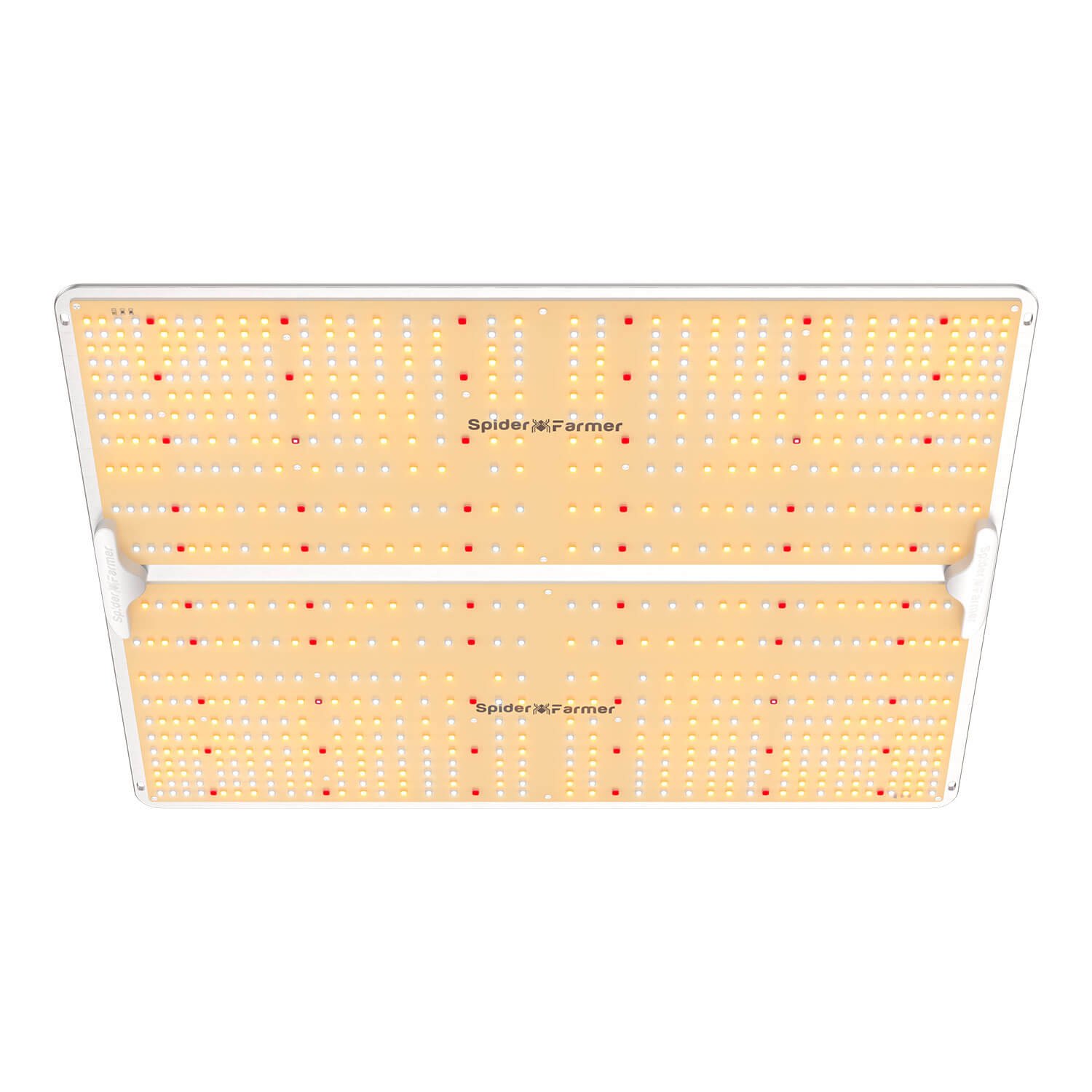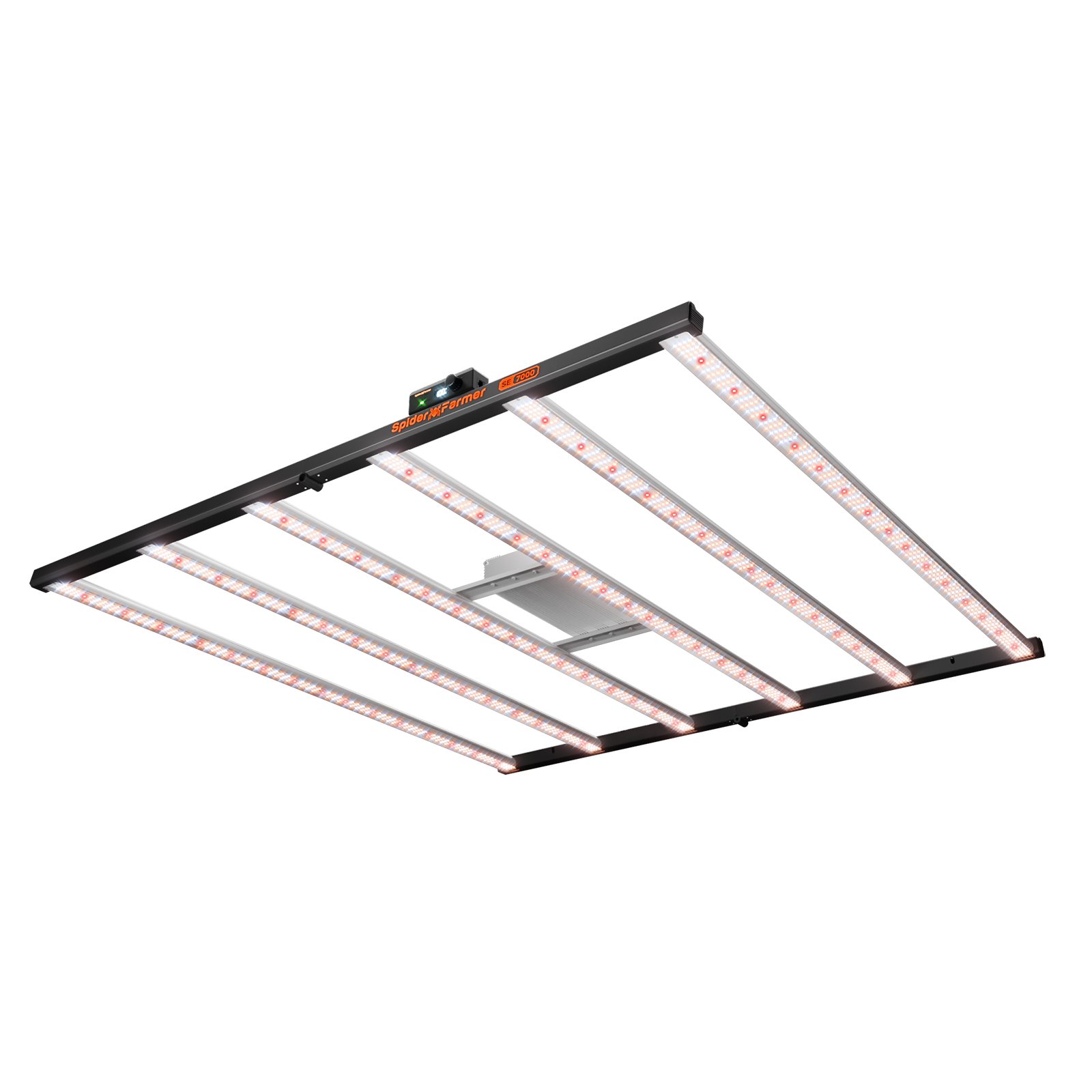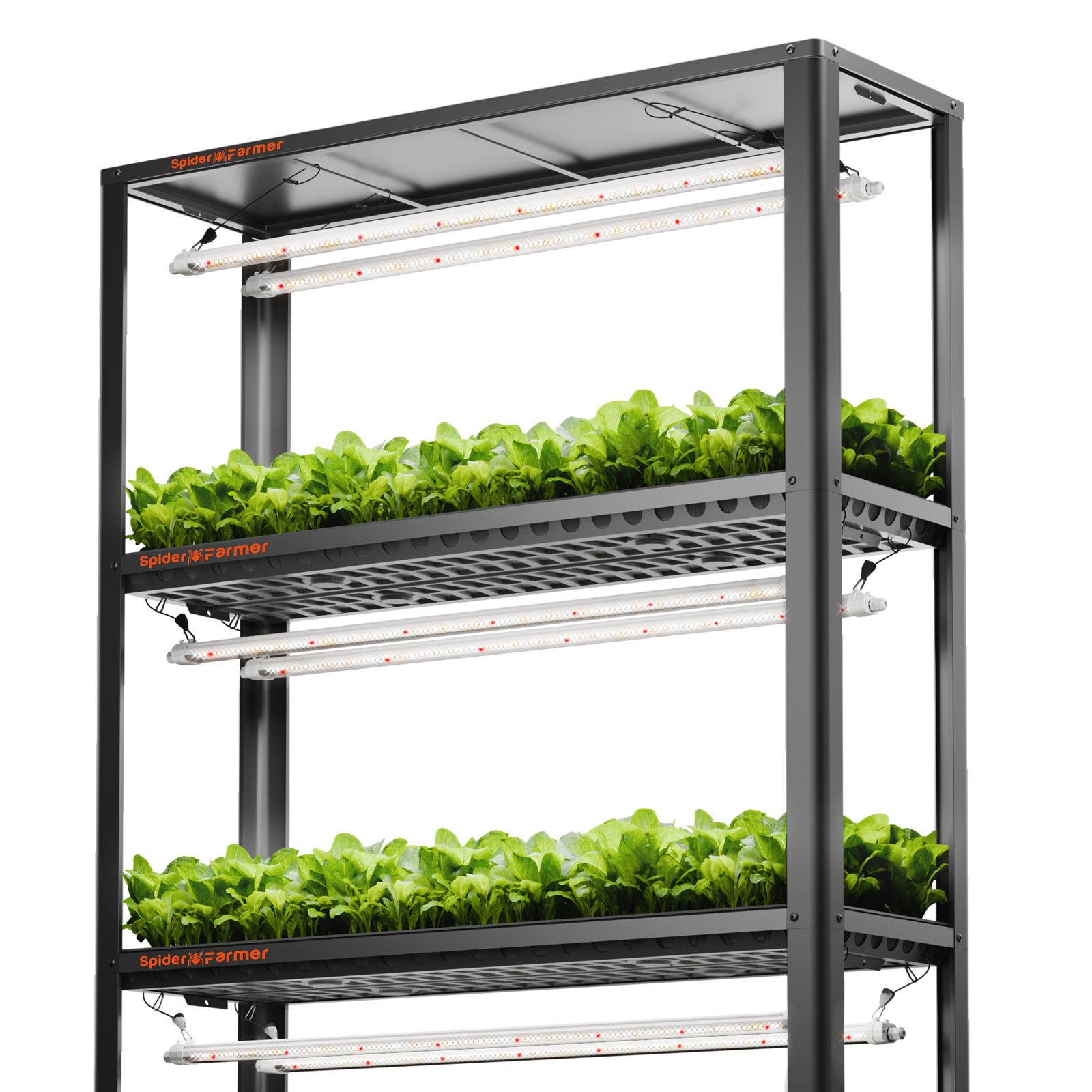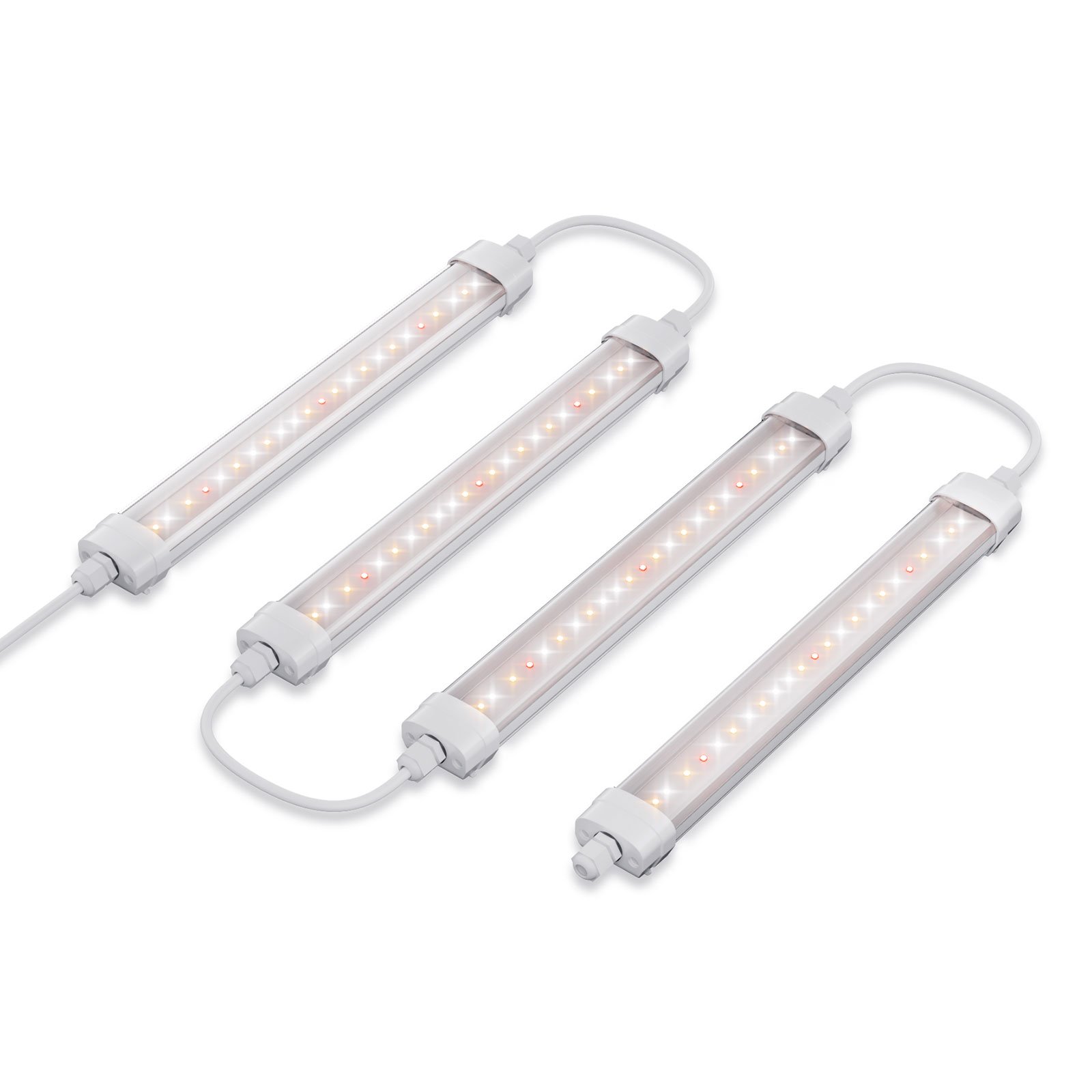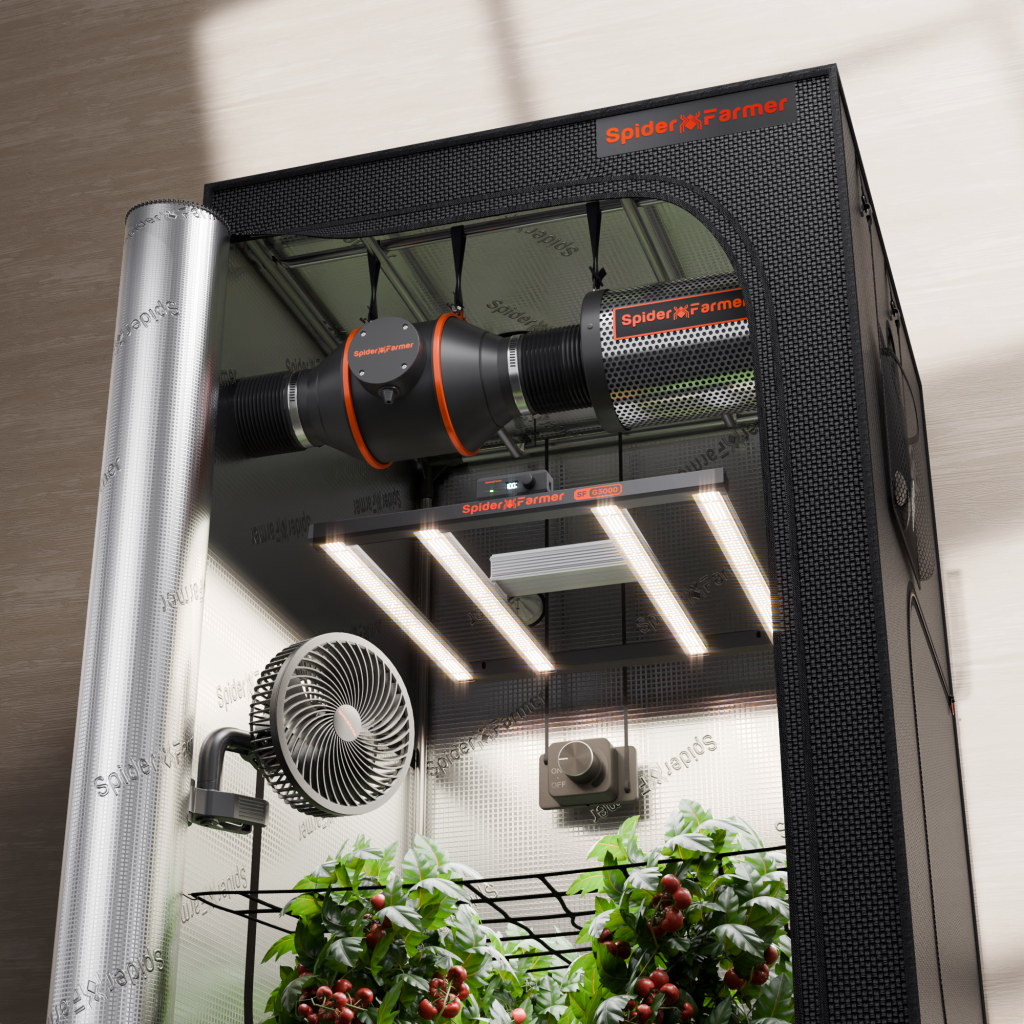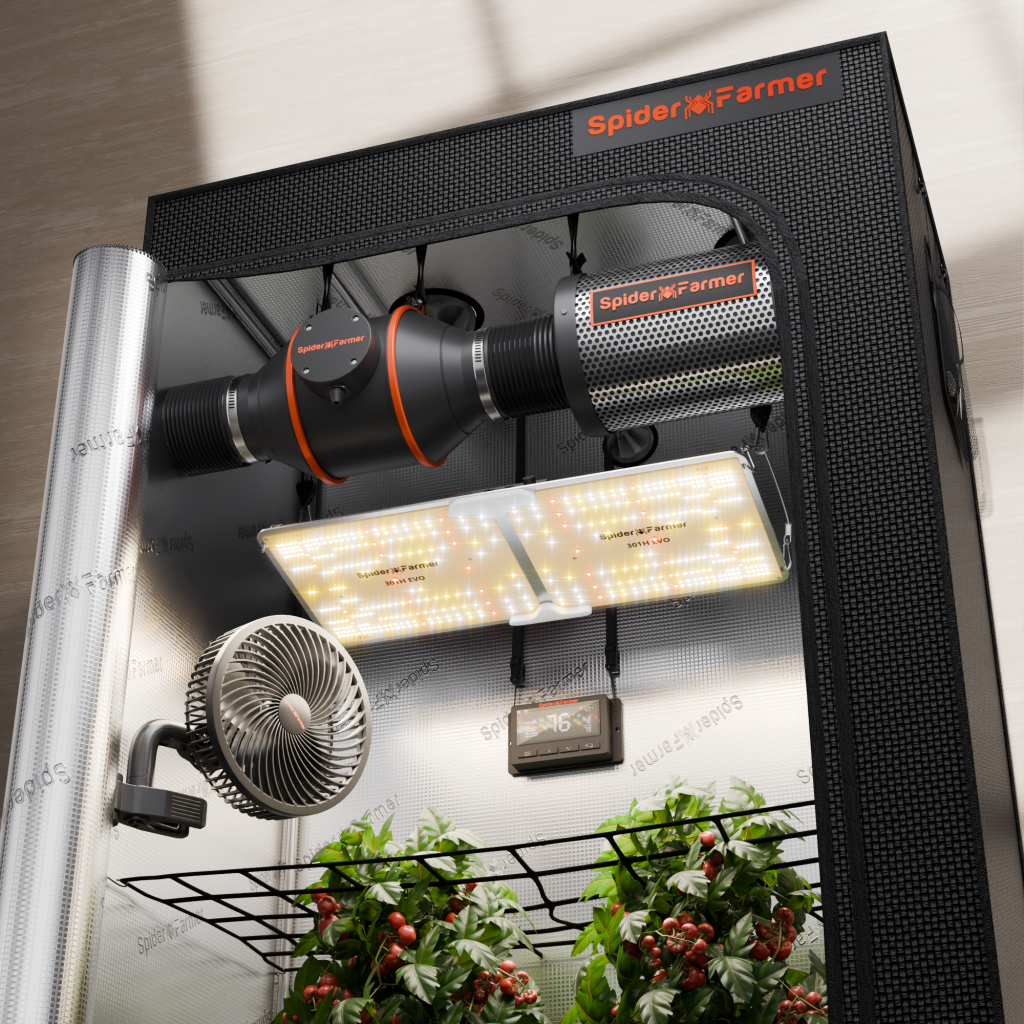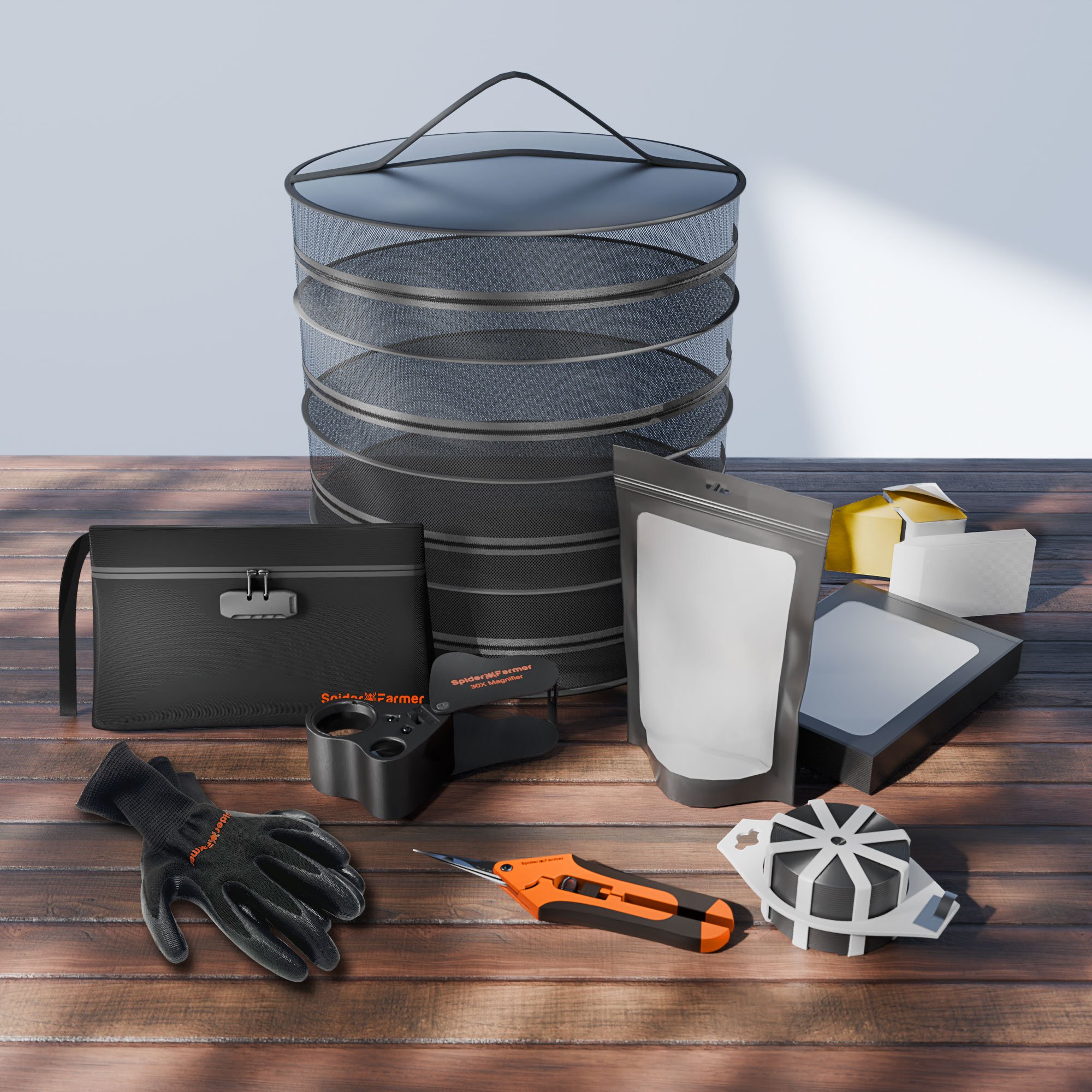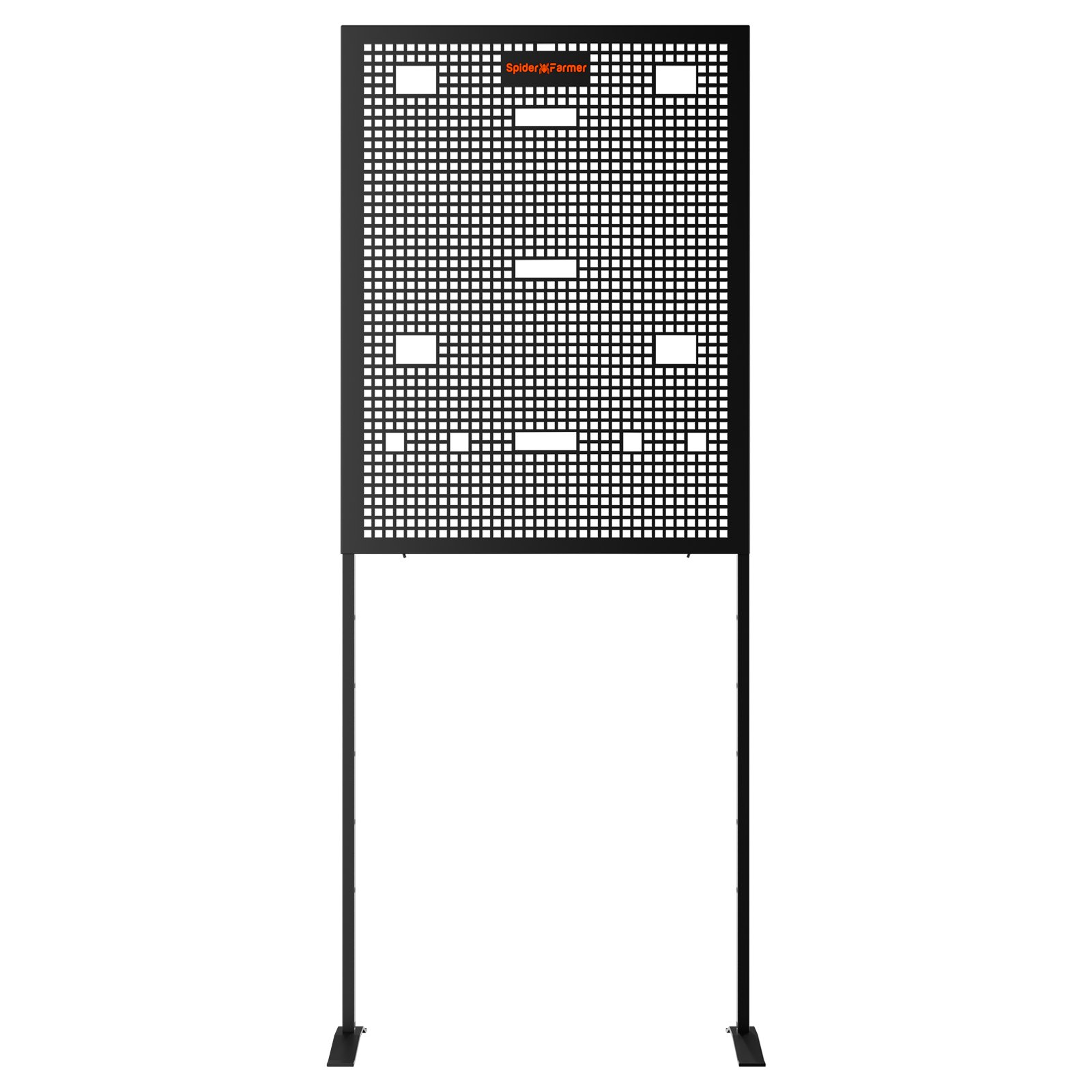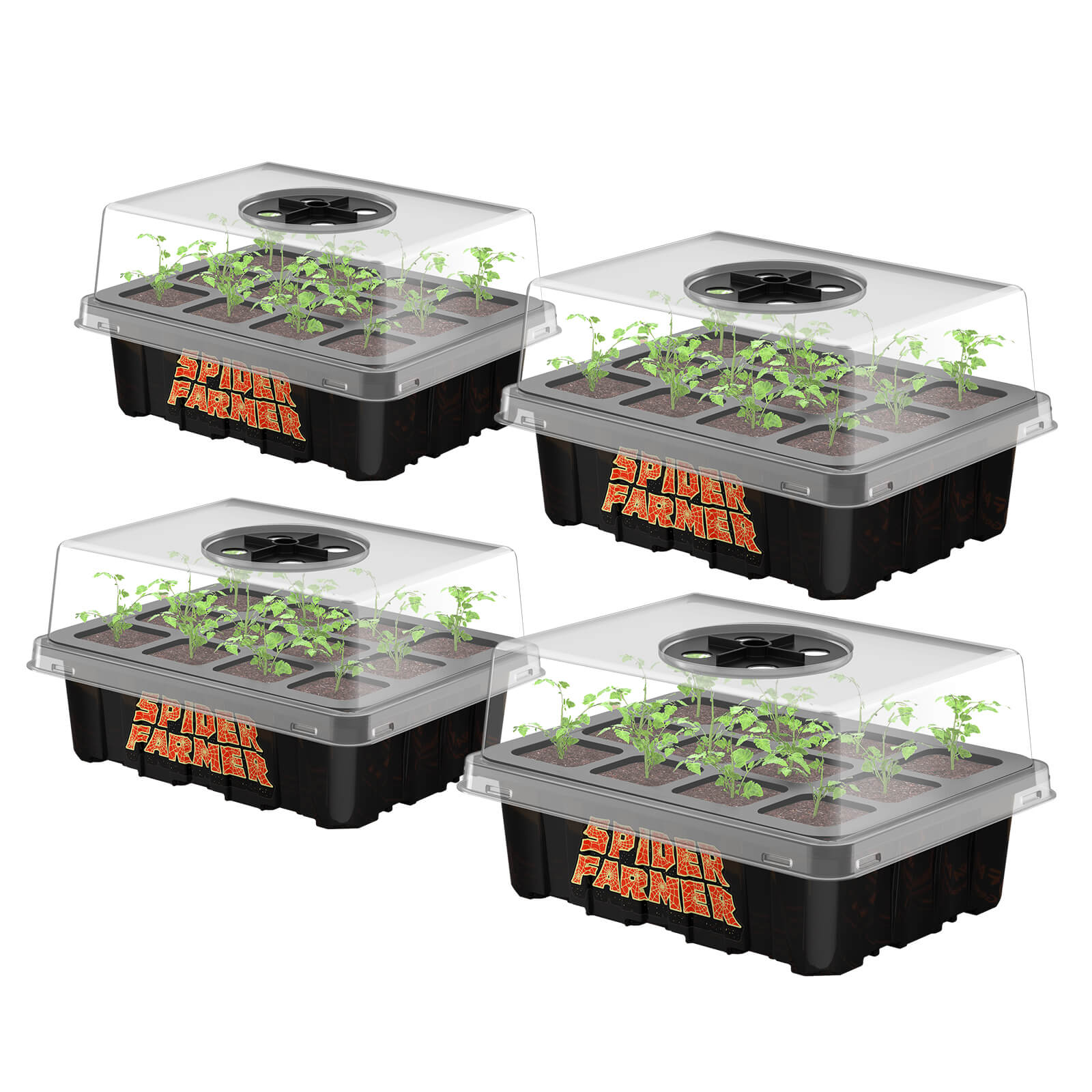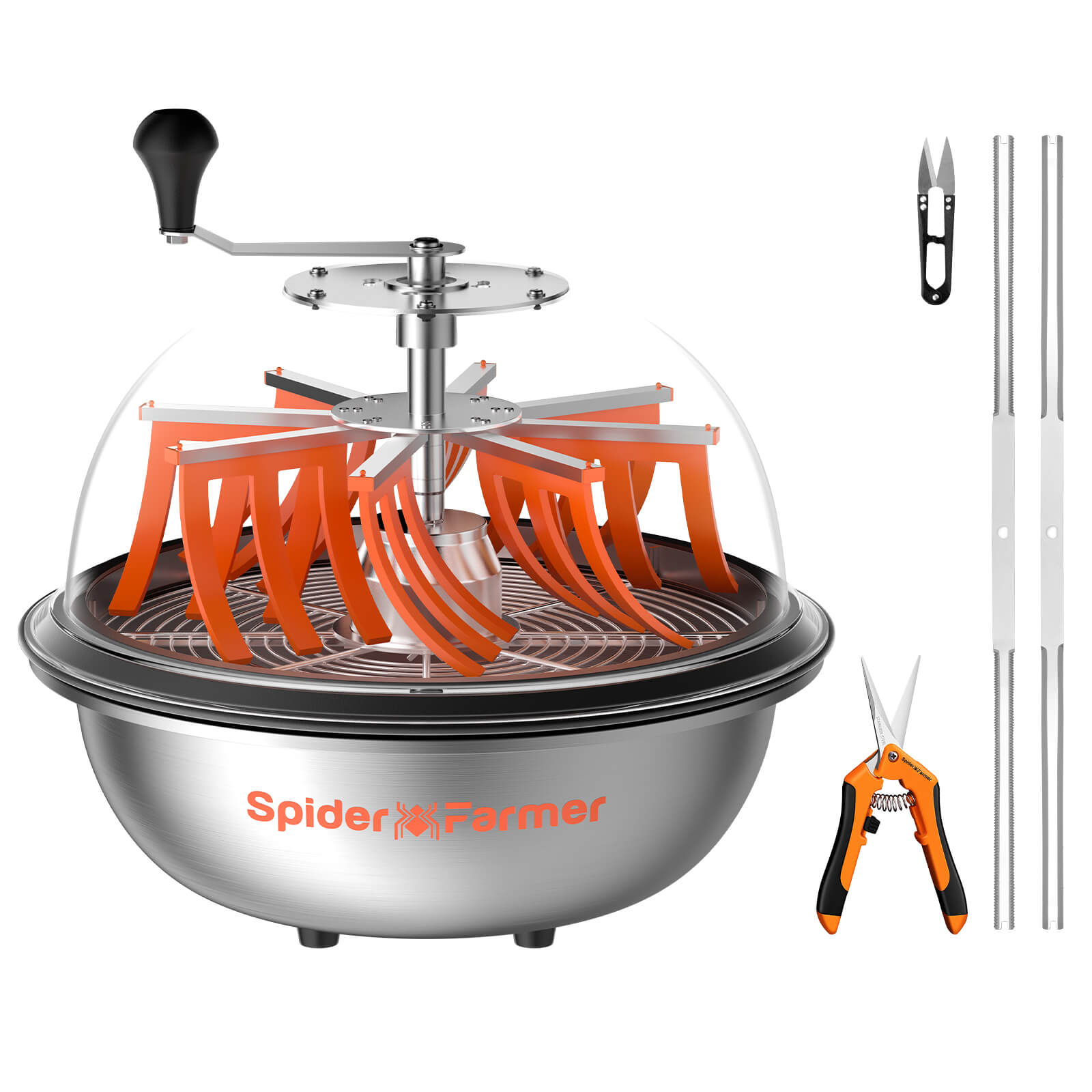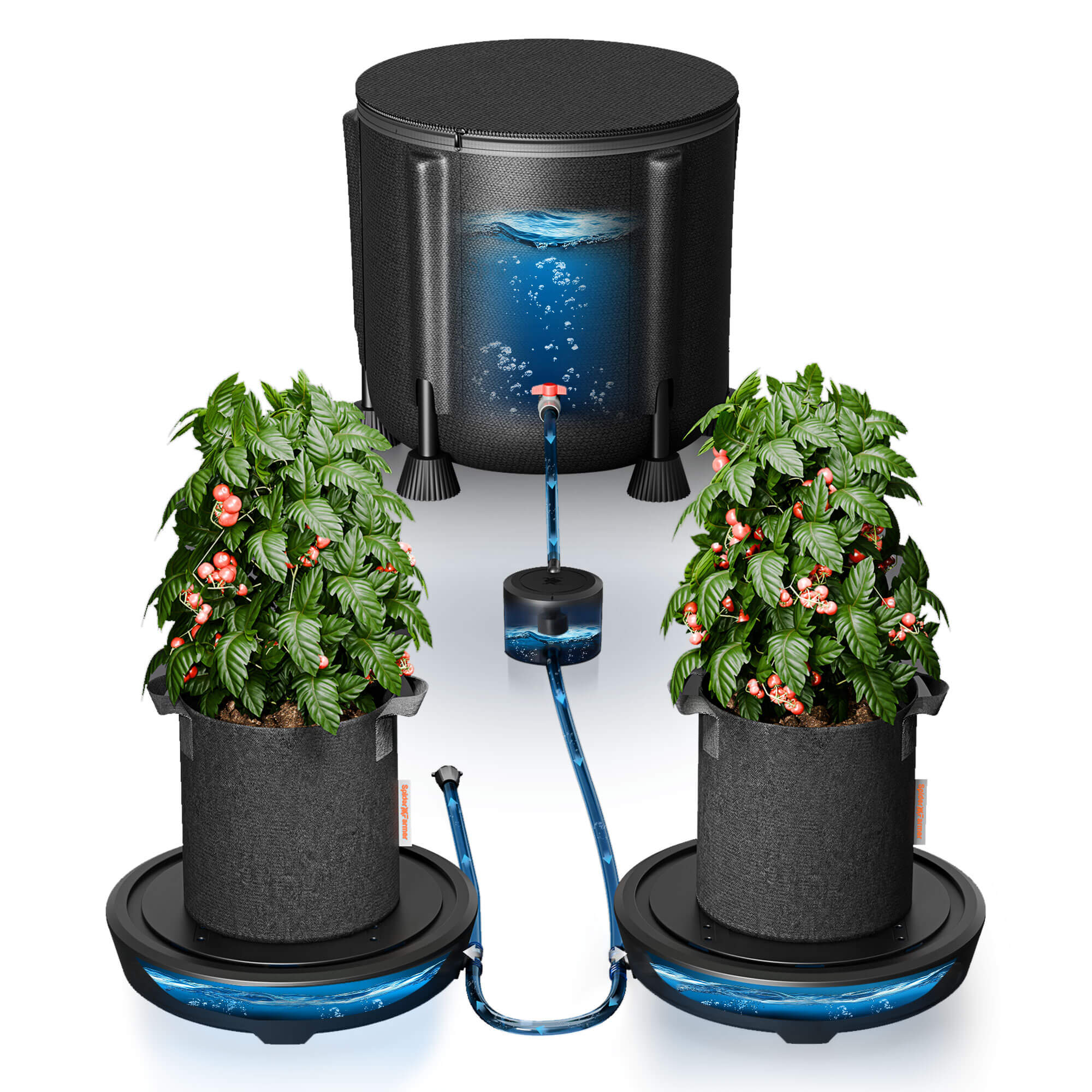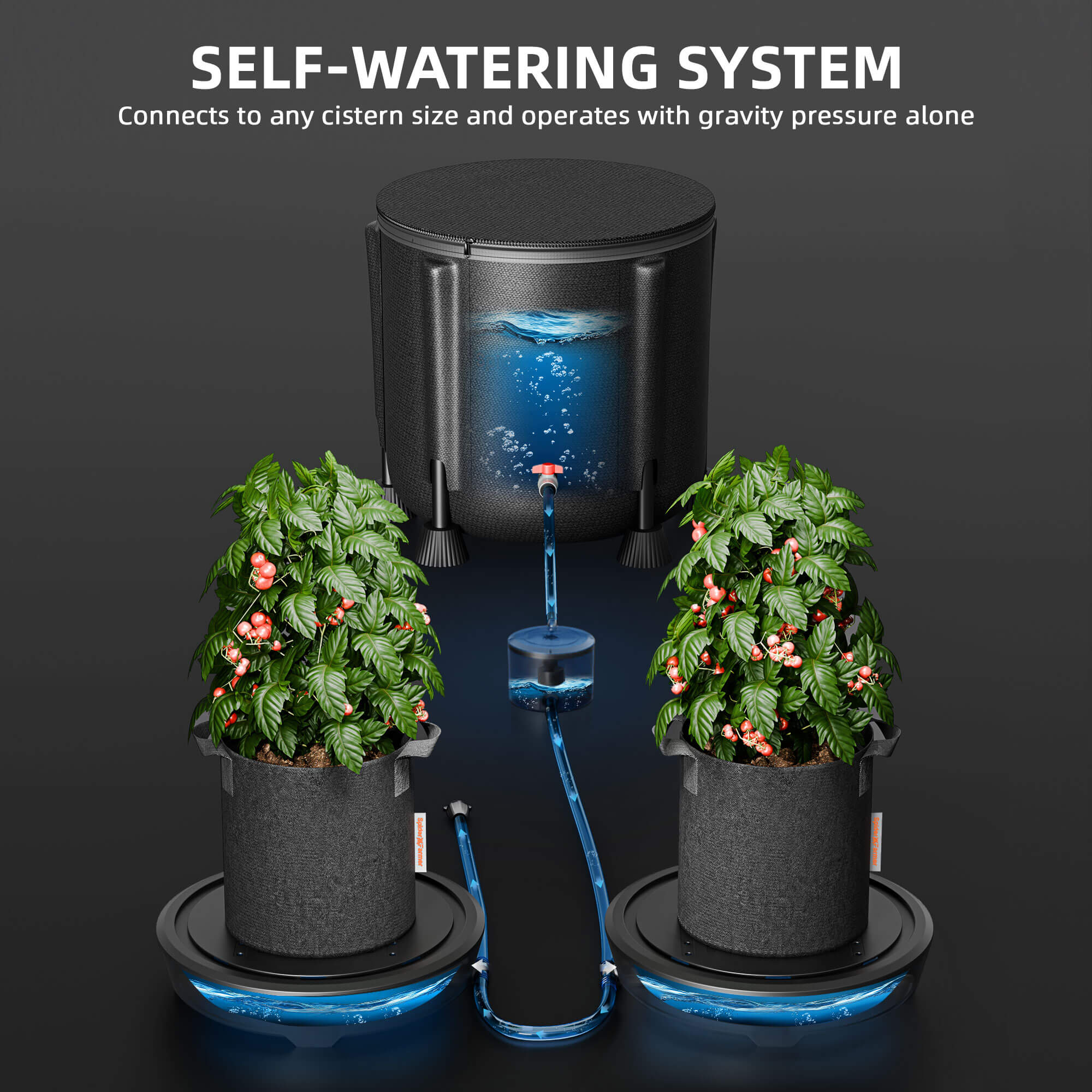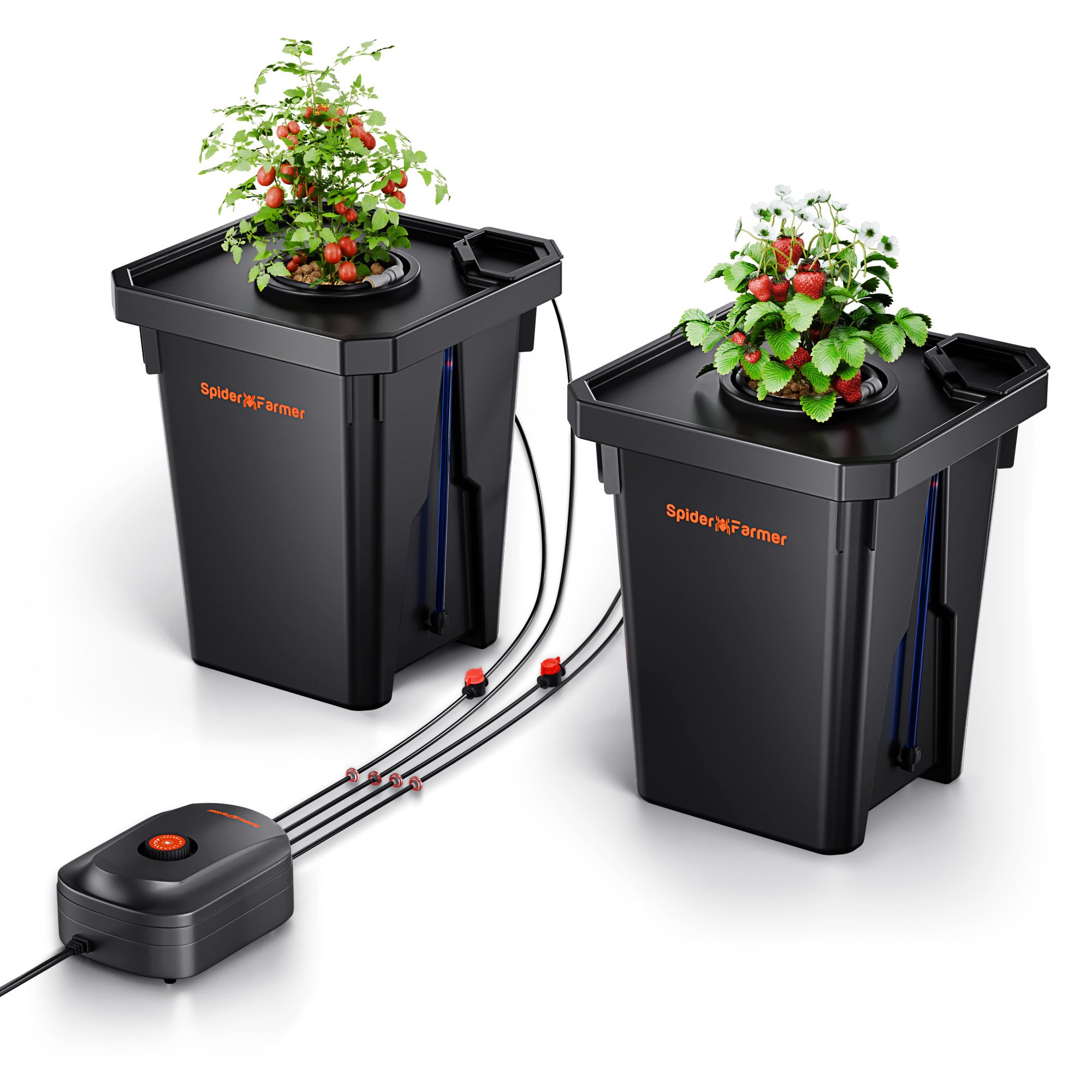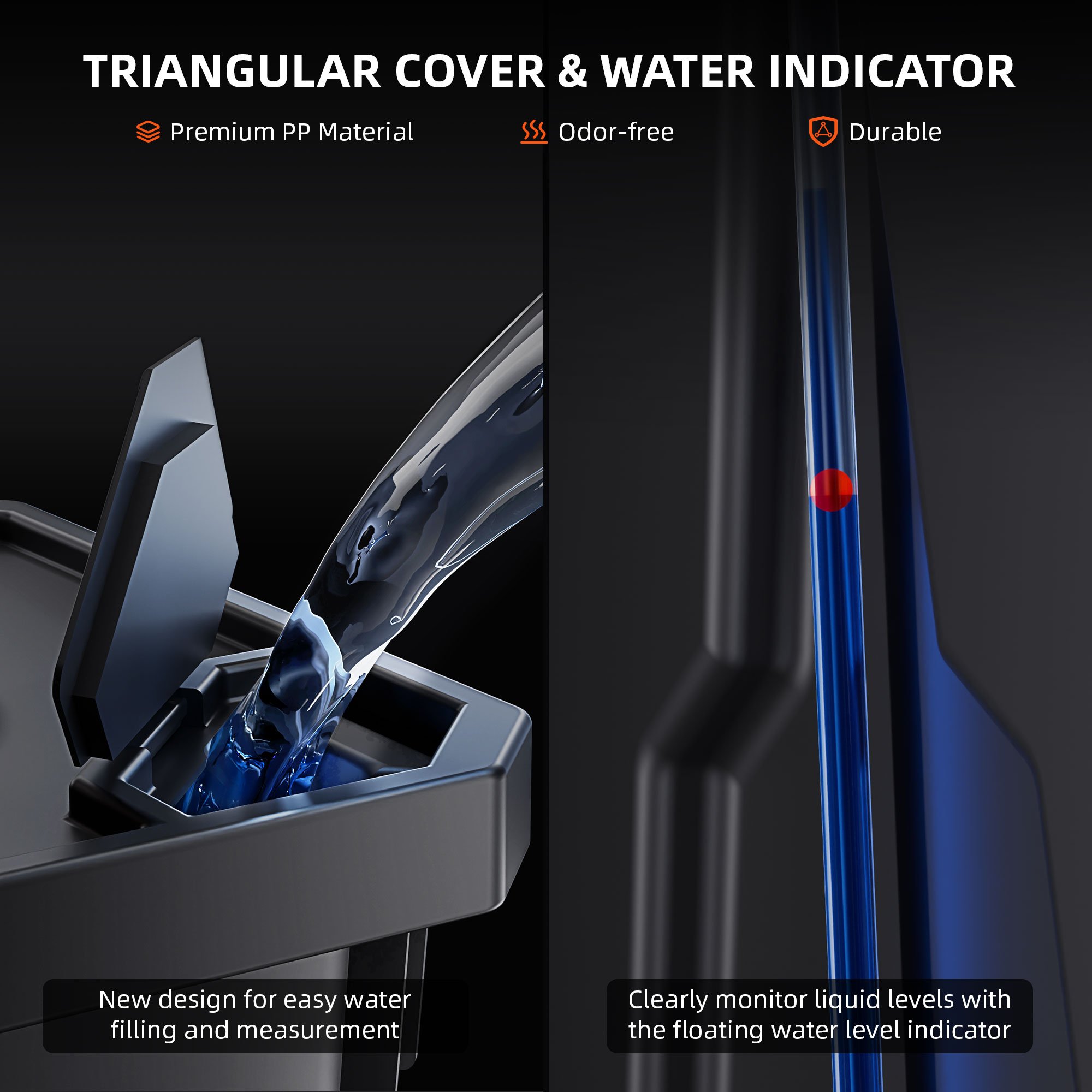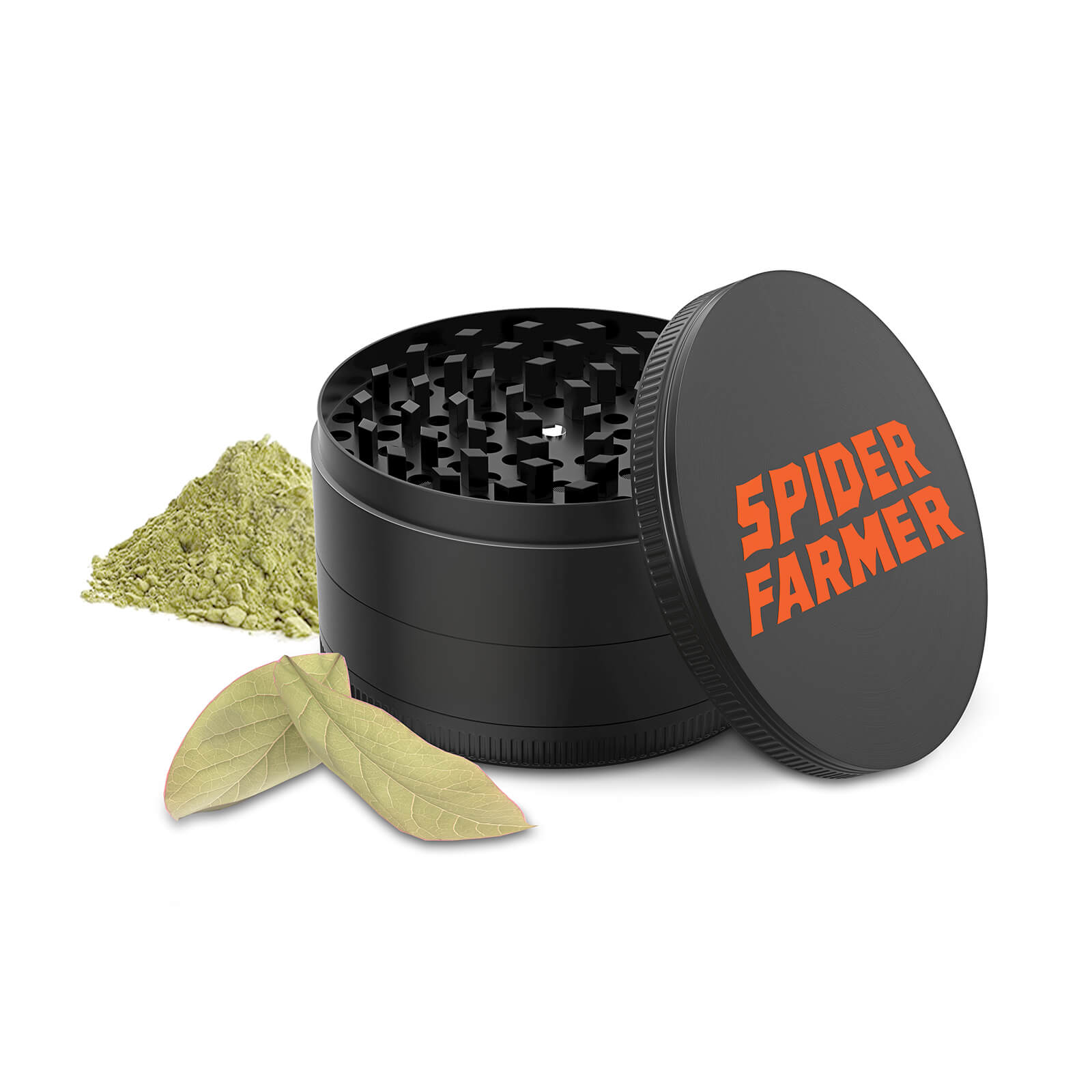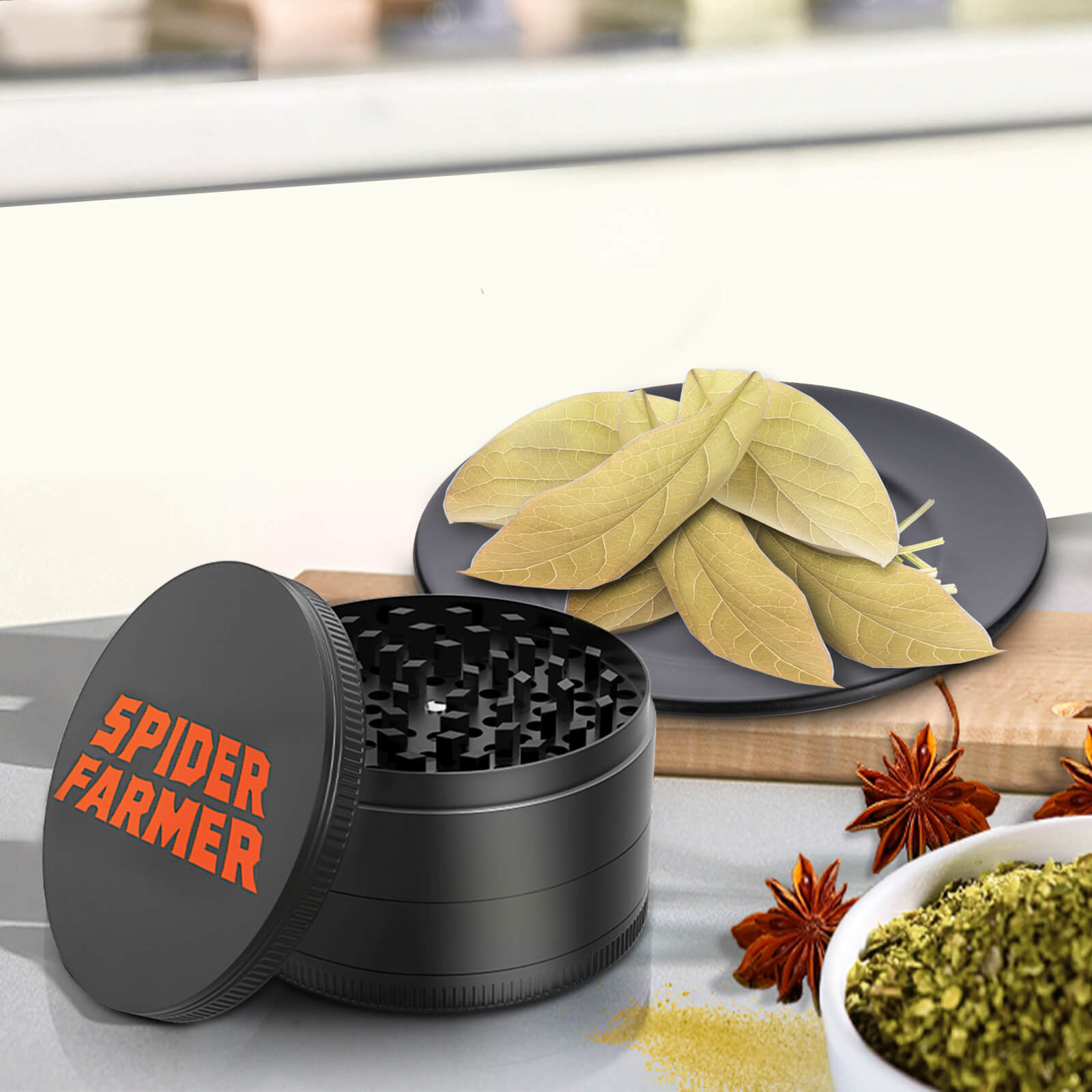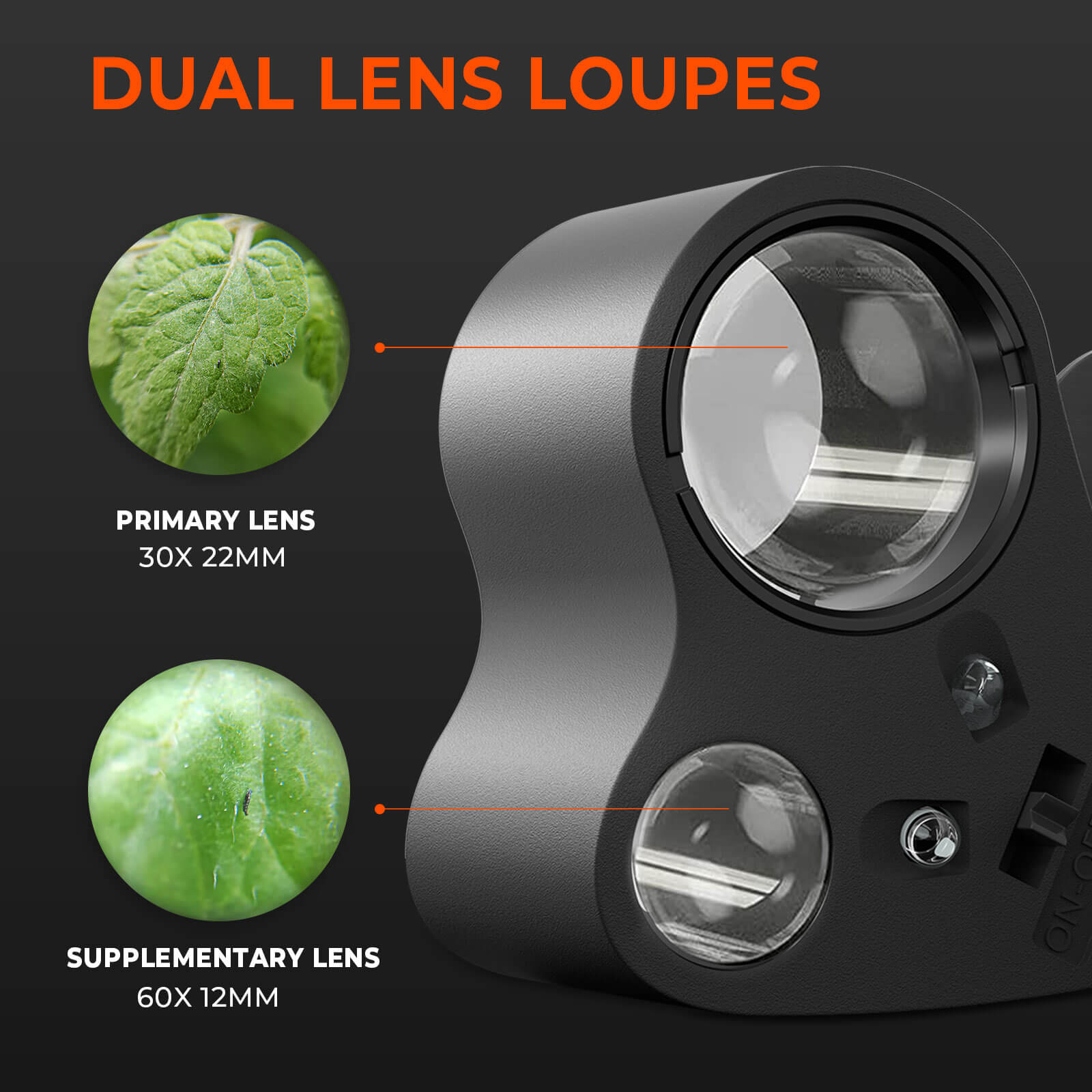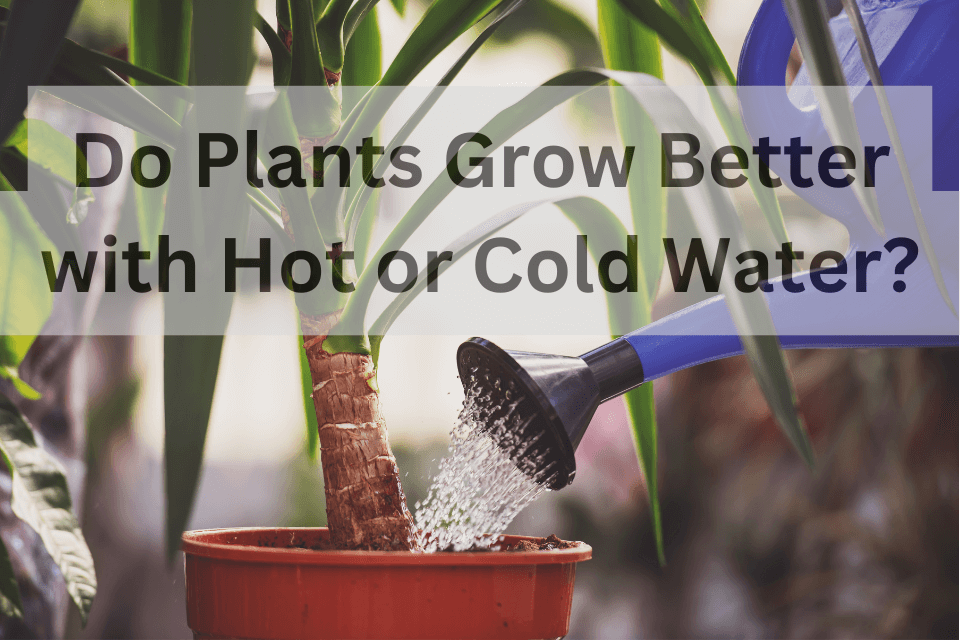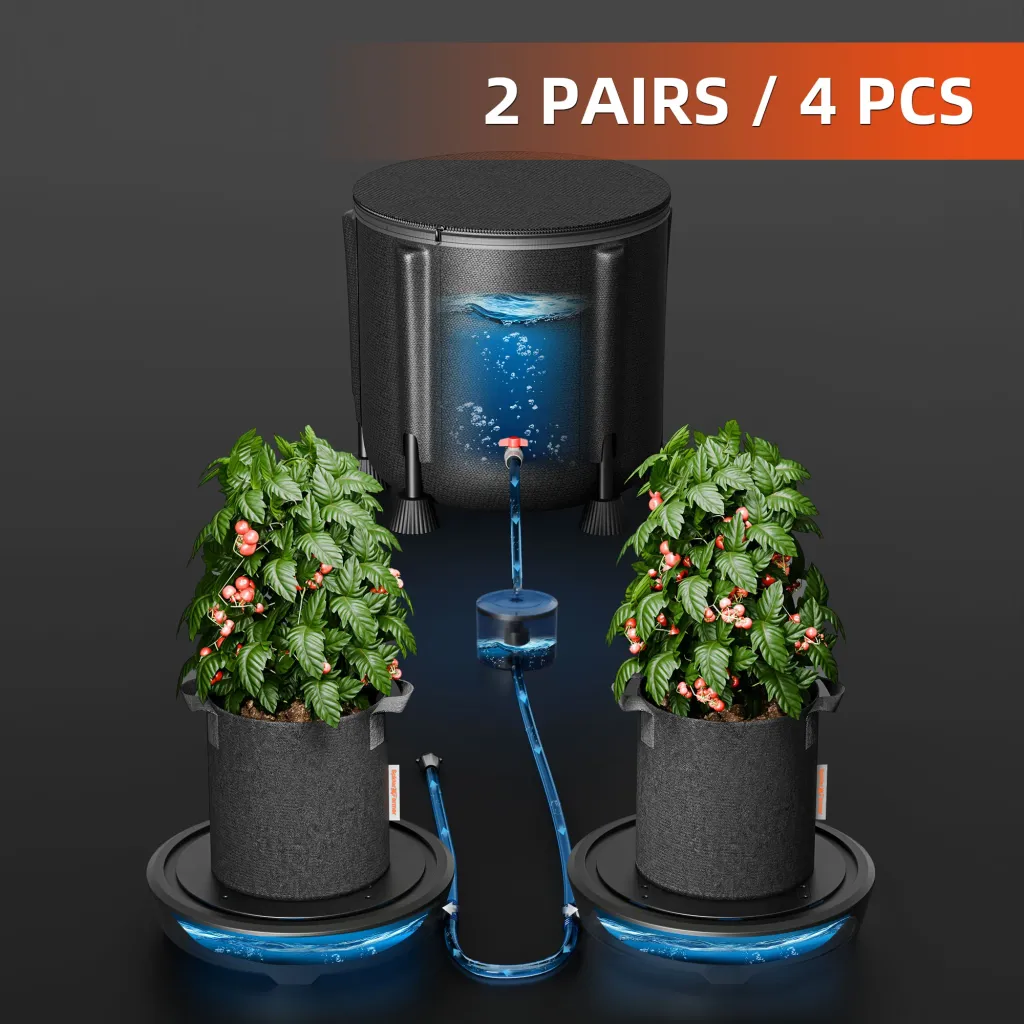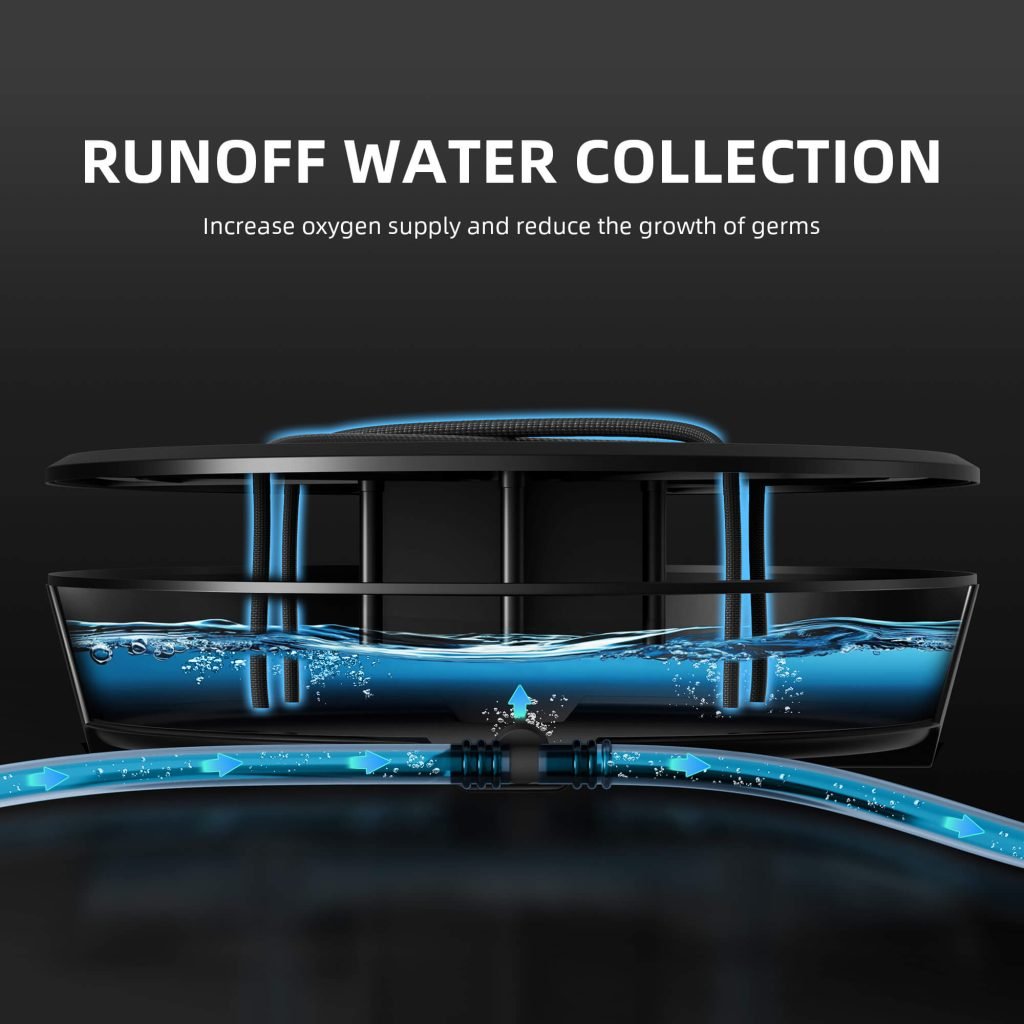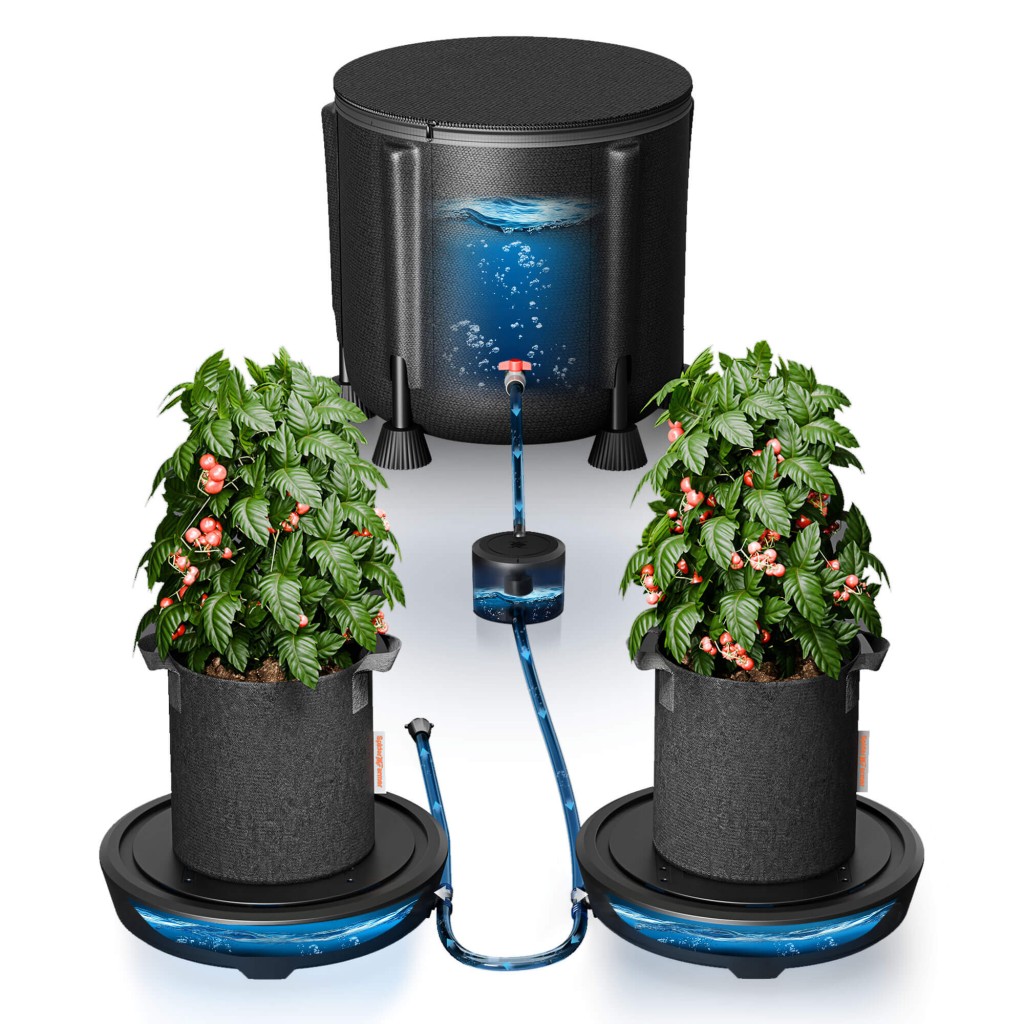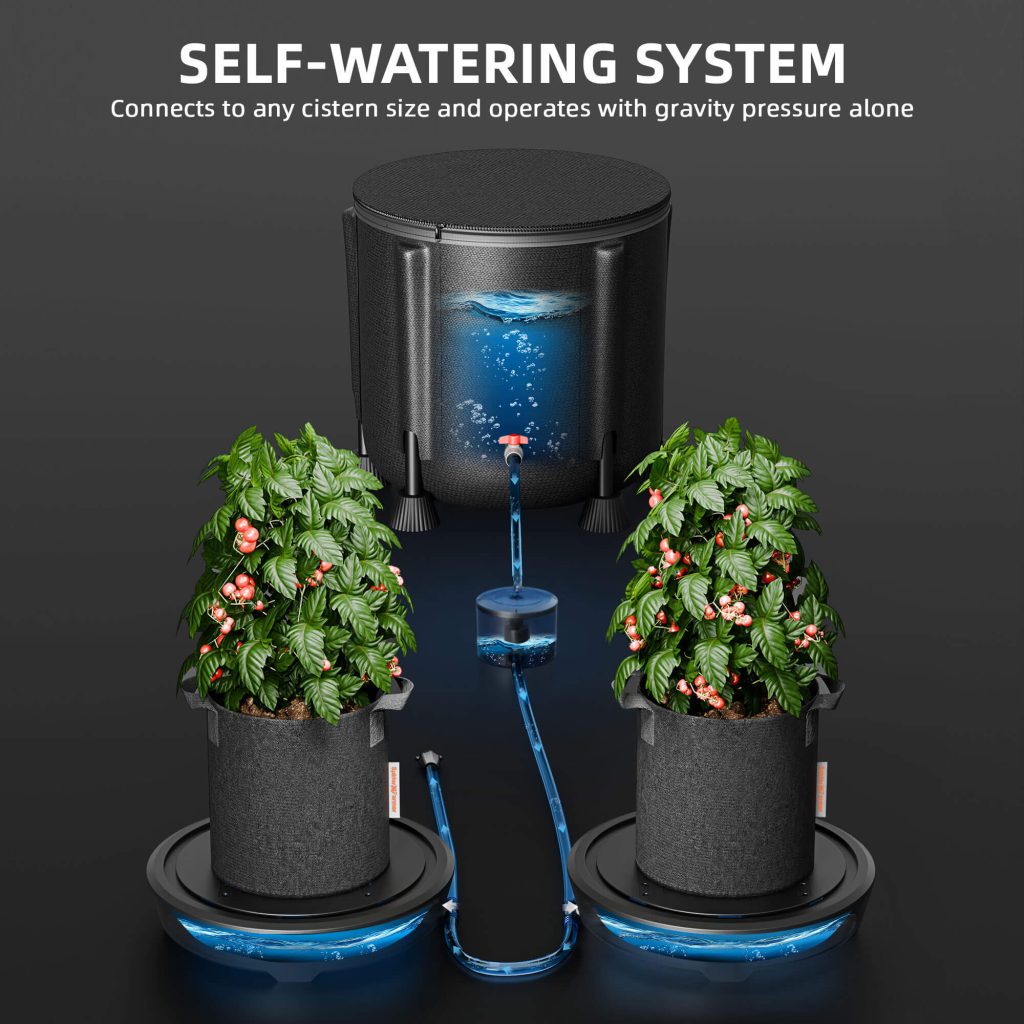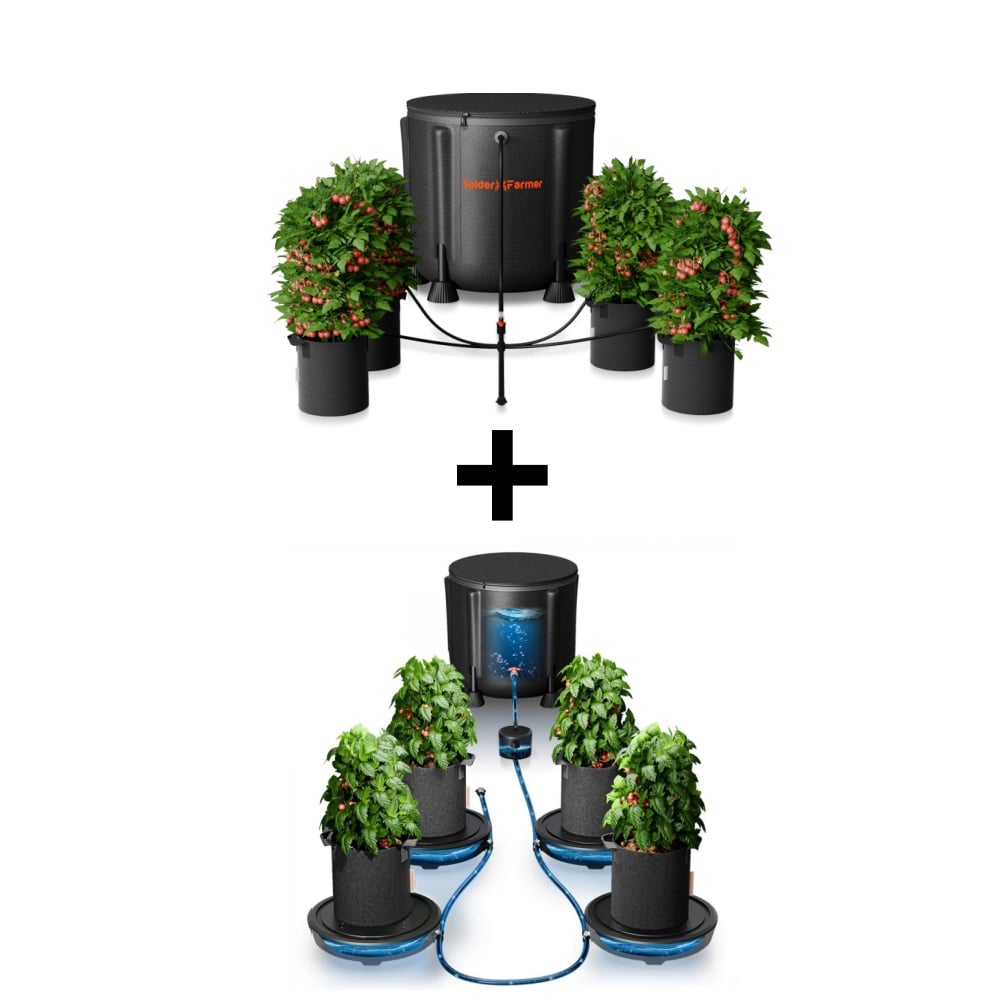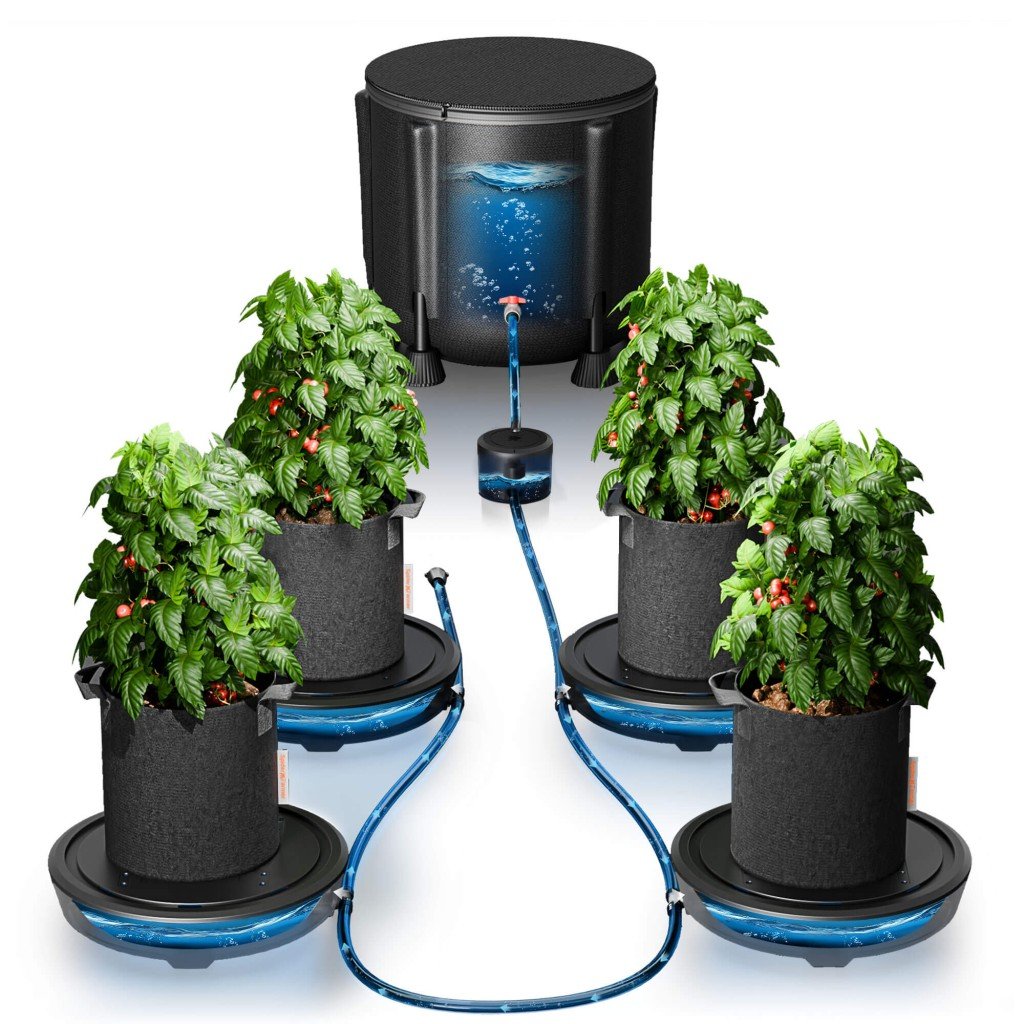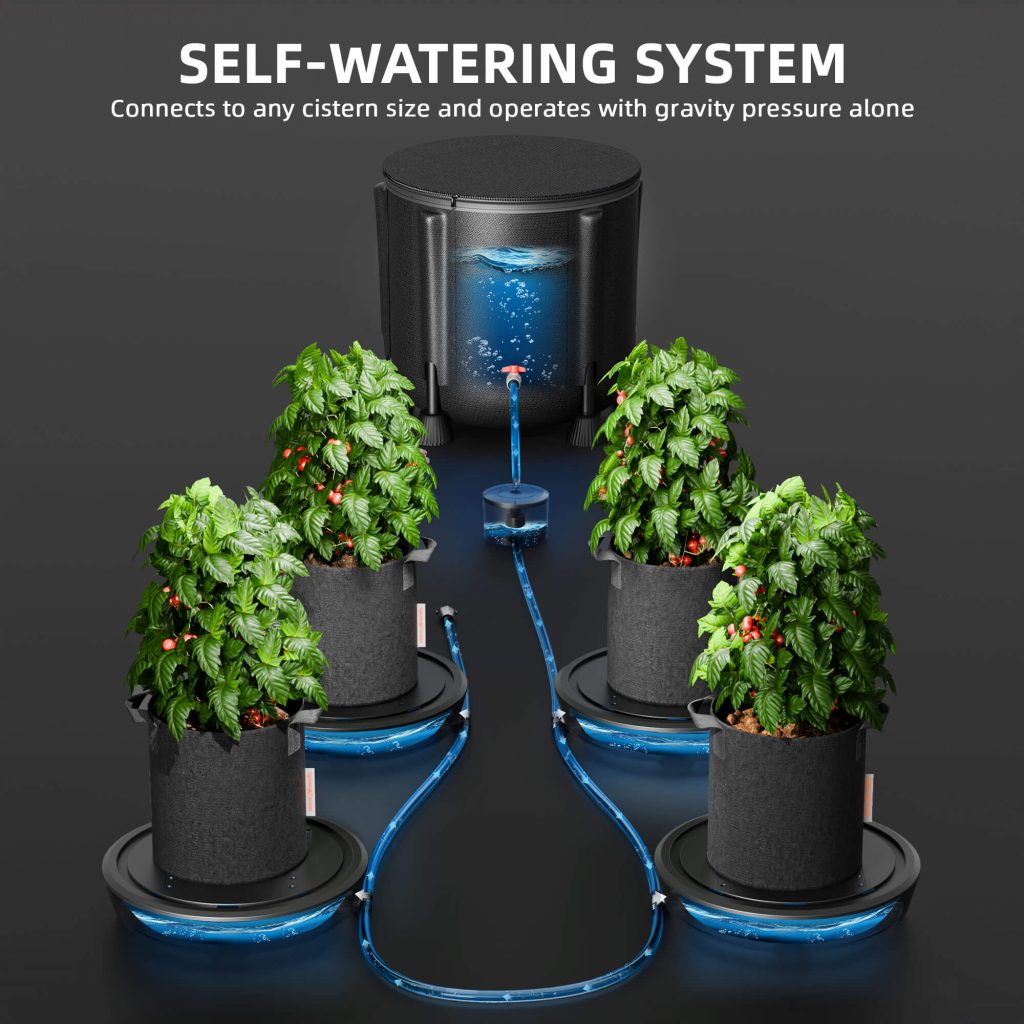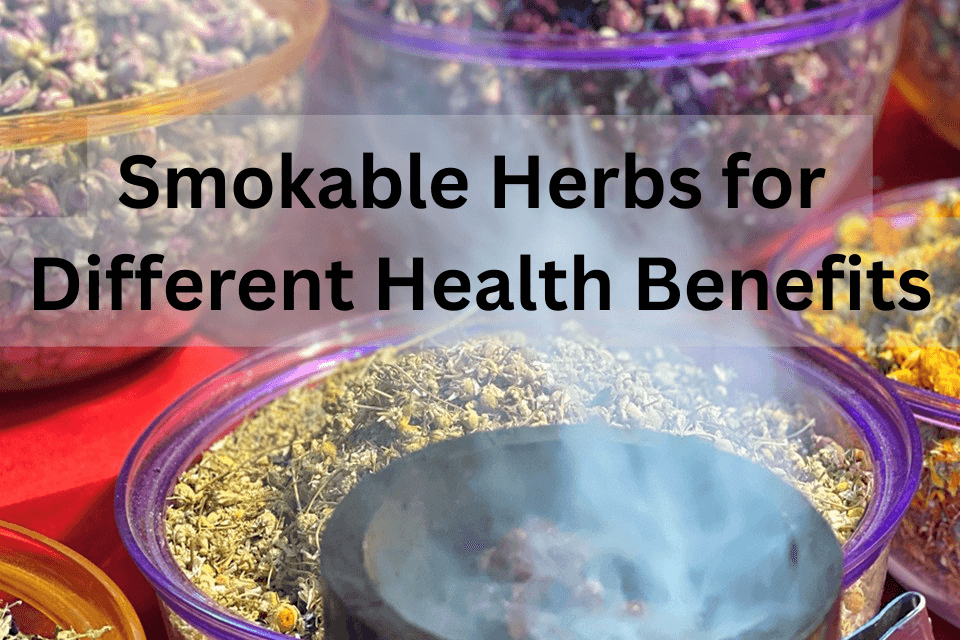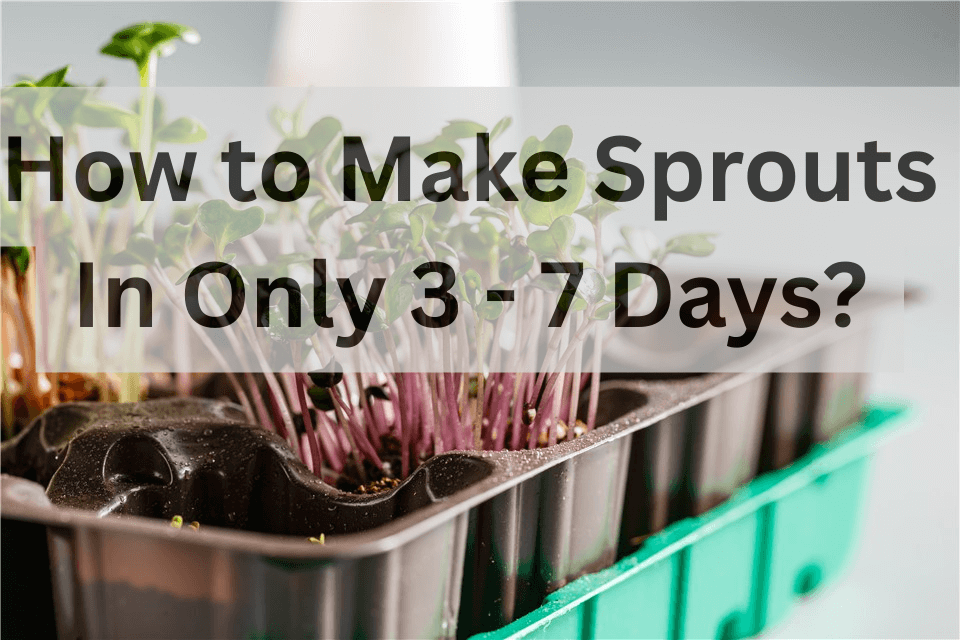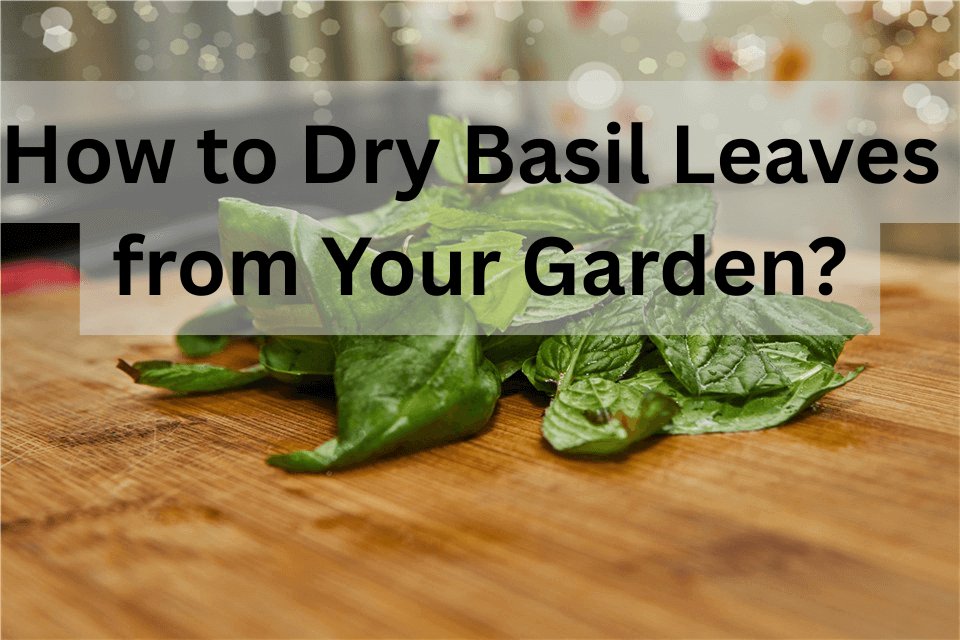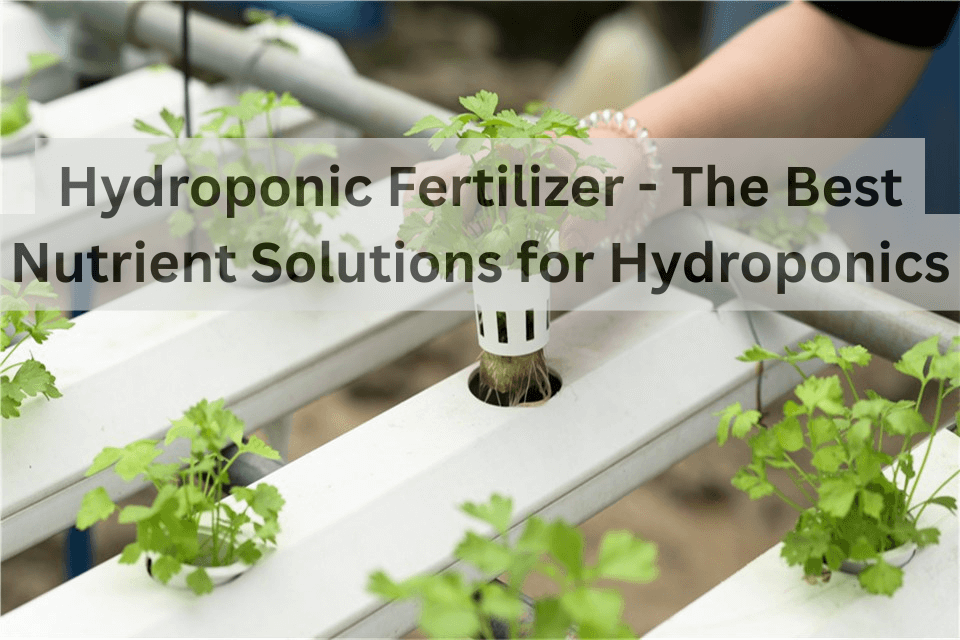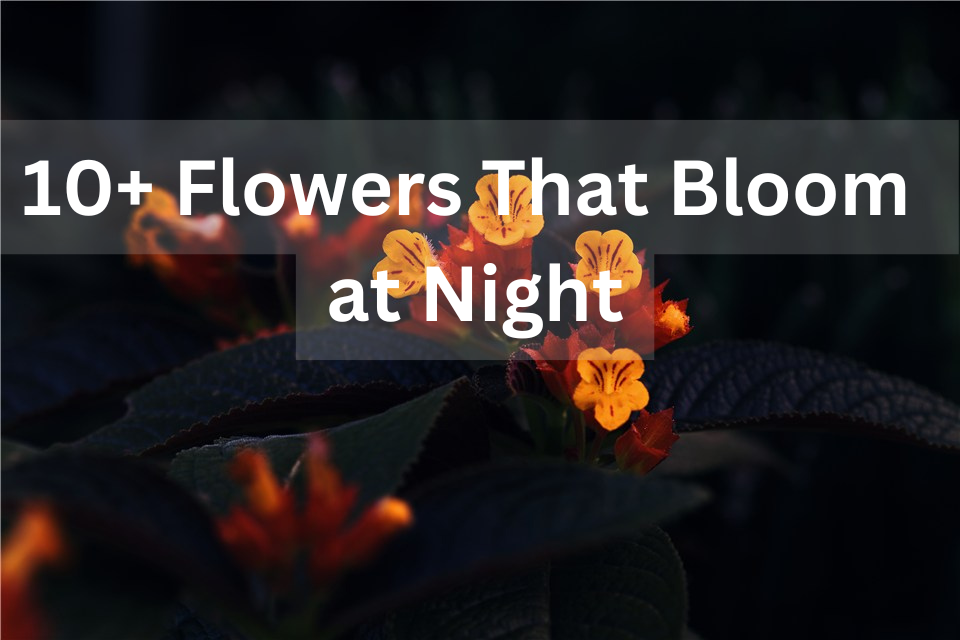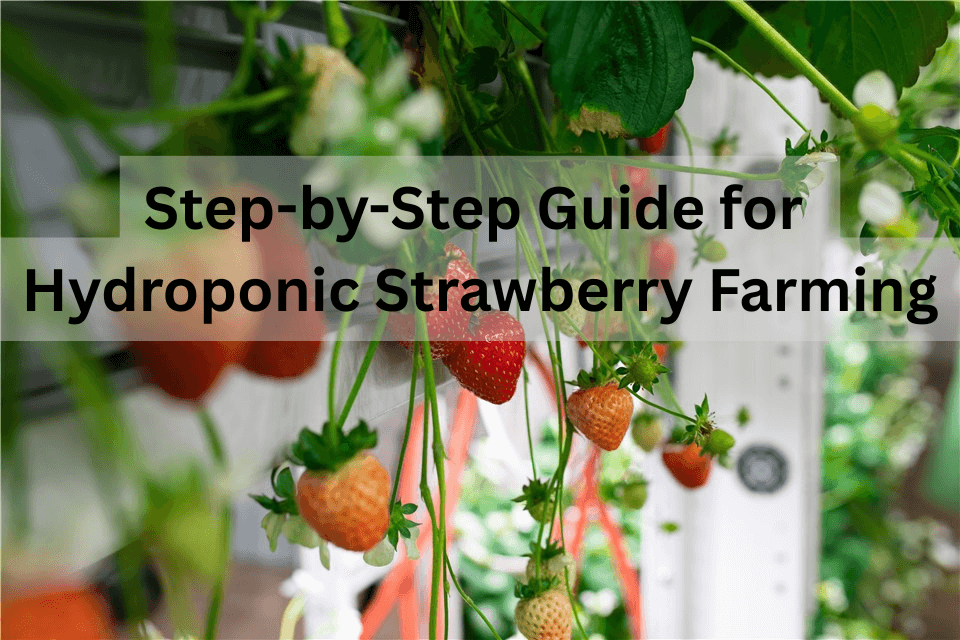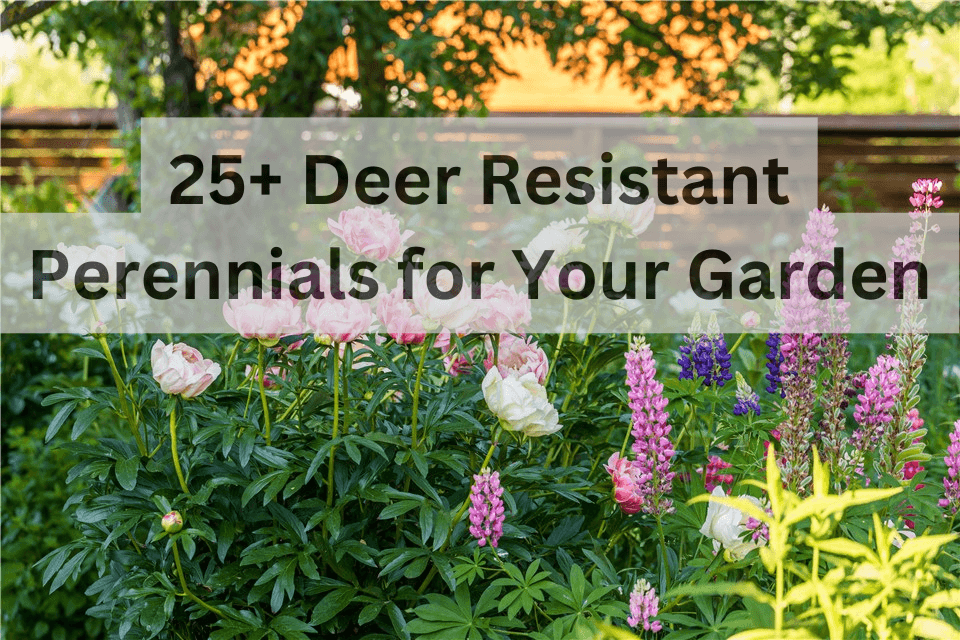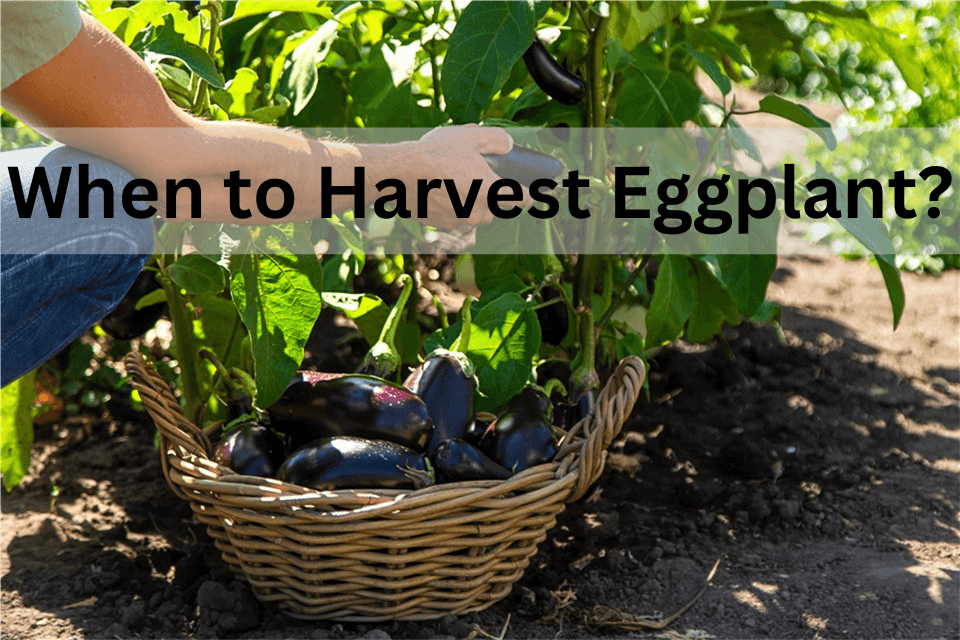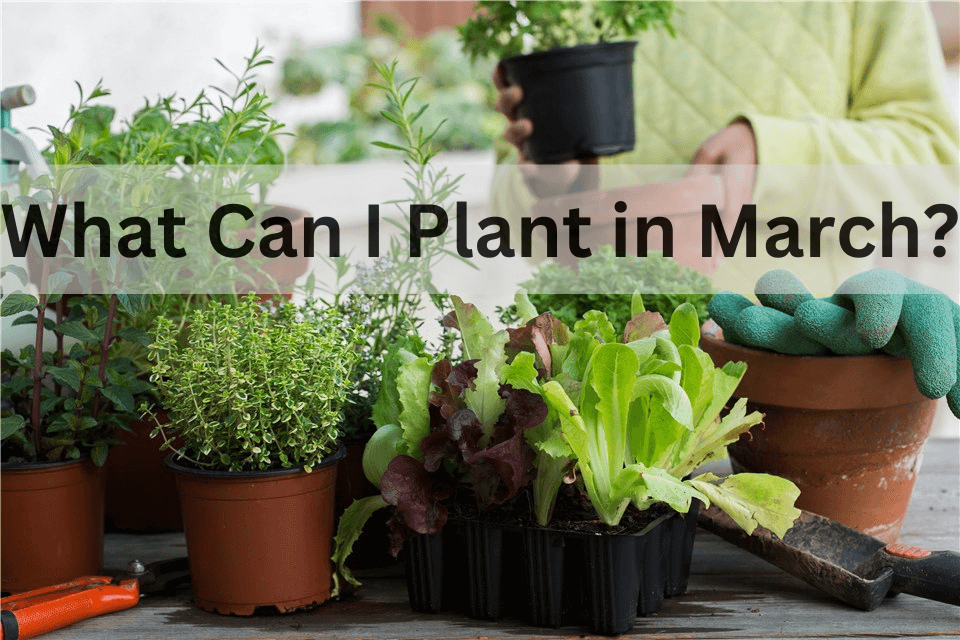When it comes to watering plants, the temperature of the water can significantly impact the plant growth and health. Gardeners often debate whether to use cold or hot water. Each option has its own set of advantages and disadvantages.
In this article, we will explore the effects of water temperature on plants, discuss whether you should use cold or hot water on plants, as well as the best practices for watering temperature. All your questions about watering temperature will be answered here.
Table of Contents
Does Water Temperature Affect Plant Growth?
The temperature of water can significantly affect plant growth. It will influence the root development, nutrient uptake, and overall metabolic processes. Typically, optimal water temperatures range between 15°C and 25°C (59°F to 77°F). The temperature outside this range can lead to plant stress, reduce growth rates, and even hinder seed germination.
More specifically, cold water can slow down root activity and nutrient absorption, while excessive warm water can deplete oxygen levels and result in harmful pathogens. Thus, it’s crucial to maintain a proper water temperature when you want to promote plant growth and maximize yield.
Nevertheless, different plants may have different preferences based on their native environments. For instance, tropical plants might tolerate or even prefer slightly warmer water, while desert plants may be fine with cooler temperatures.
Should I Use Cold or Hot Water on Plants?
Before determining whether to use cold or hot water on plants, let’s first explore which option — hot or cold water is beneficial for them.
- Hot Water: Generally, hot water is not good for plants, as it can cause thermal shock and damage to roots and foliage. Too hot water can denature proteins and disrupt cellular functions, leading to wilting, stunted growth, or even plant death. While some plants may tolerate slightly warmer temperatures, consistently using hot water can create an inhospitable environment, ultimately harming the plants.
- Cold Water: Cold water can be detrimental to plants, especially if it's significantly below their preferred temperature range of 15°C to 25°C (59°F to 77°F). While short exposure to cooler water may not harm hardy plants, consistently using cold water can slow down root development and nutrient uptake, leading to stunted growth and stress.
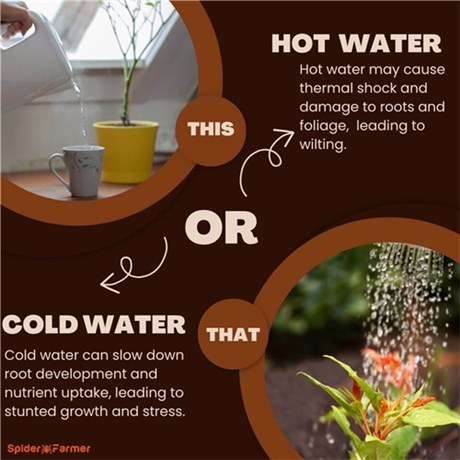
Should I Use Cold or Hot Water on Plants?
Therefore, it’s best to avoid both extremes when deciding whether to use cold or hot water on plants. As mentioned above, cold water can shock plants and hinder root development, while hot water can damage roots and disrupt metabolic functions. The ideal approach is to use water at a moderate temperature. Typically, the temperature can be around room temperature. This balanced temperature allows plants to absorb water effectively without stress.
What Temperature Is Best for Watering Plants?
The optimal water temperature for most houseplants is around 65°F (18°C). And the generally acceptable range is between 60°F and 70°F (15°C to 21°C). This is because this range of temperature mimics natural rainwater, and is typically around room temperature.
Here are some suggestions to reach a temperature that is best for watering plants:
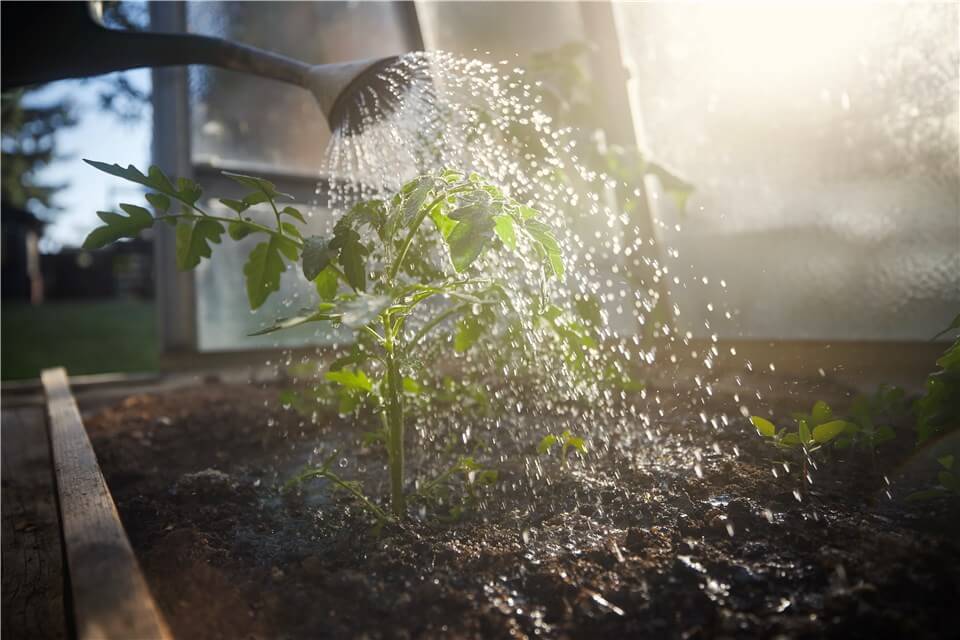
What Temperature Is Best for Watering Plants?
- To ensure that the water is at an appropriate temperature, you can let it sit out for several hours or overnight before use. This practice helps avoid any thermal shock to the plants.
- To prevent cold water from splashing onto leaves and causing damage, you can water the plant from the bottom. This method means placing water in a saucer under the pot so that the plant absorbs it through the roots and minimizes the exposure to temperature extremes on foliage. To achieve this, you can use a self-watering system to better control the quantity of the water.
4 Pcs丨Spider Farmer 2 Self-watering System Kits For Indoor Grow Tents, Greenhouses
In stock
Spider Farmer 2 Pcs Self-watering System Kits For Indoor Grow Tents, Greenhouses
In stock
Spider Farmer 2-in-1 Smart Watering Kit – Automatic Drip Irrigation & Self-Watering Planters for Indoor Plants, Seedling to Mature Growth System
In stock
Spider Farmer 4 Pcs Self-watering System Kits For Indoor Grow Tents, Greenhouses
In stock
Do Plants Have More Water Stress in Summer or Winter?
Typically, plants experience more water stress in summer than in winter because of the higher temperatures and increased evaporation rates. During the summer days, greater sunlight, warmer air, and limited rainfall can lead to a rapid loss of moisture from the soil and plant tissues. As a result, increasing water demand can result in stress, particularly for species that are not drought-tolerant or those in arid regions.
In contrast, winter brings cooler temperatures and reduced evaporation, allowing plants to conserve water, although they may still face stress from frozen ground or limited access to moisture. Overall, summer conditions tend to exacerbate water stress more significantly than winter.
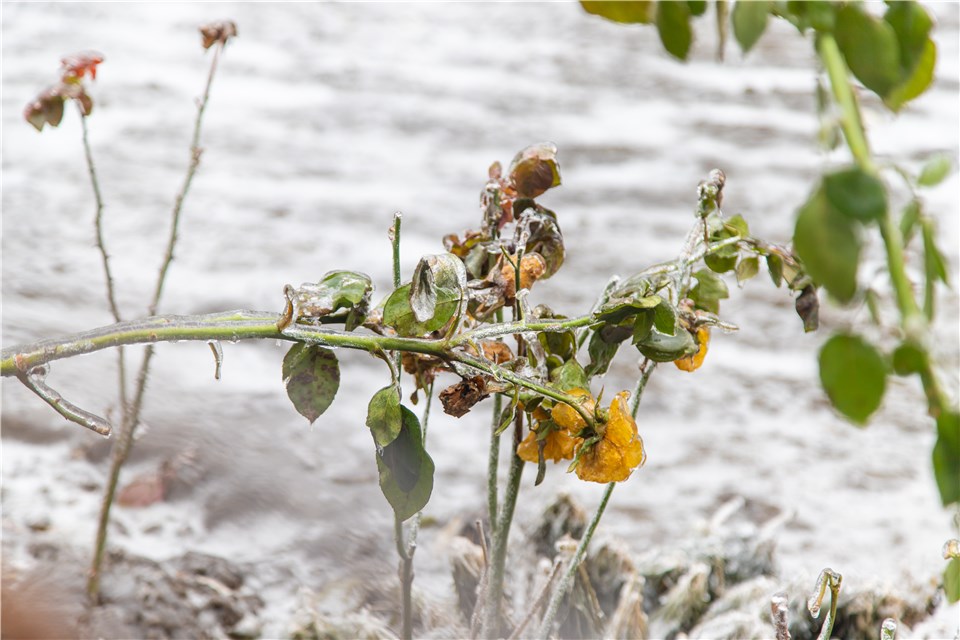
Do Plants Have More Water Stress in Summer or Winter?
FAQs About Watering Plants
By the end of the post, we’ll answer several questions about watering plants.
Can you pour boiling water on a plant?
It’s harmful to pour boiling water on a plant as this can kill or severely damage your plants. The extreme heat of the boiling water can scald plant tissues, resulting in cell death and wilting. While some plants may tolerate high temperatures, most of them can’t withstand the shock of boiling water. If you’re looking to care for plants, it’s best to use water at room temperature or slightly warm, rather than boiling.
Do plants use more water when hot?
YES! Plants will use more water when the temperature is high. In hot conditions, the rate of evaporation from the soil and transpiration from the leaves increases, leading to greater water loss. As a result, plants may absorb more water from the soil to maintain their hydration and support vital processes like photosynthesis. On the other hand, higher temperatures can cause plants to open their stomata wider to facilitate gas exchange, which further increases water loss. For these reasons, it’s important to monitor soil moisture and ensure plants receive adequate water during hot summer days.
What is the best water to water plants with?
The best type of water to help plant growth is fresh clean water. This type of water is always free from contaminants and chemicals. Besides, there are other types of water you can try.
- Tap Water: Generally suitable for most plants, but check for chlorine or fluoride content, which can be harmful in high concentrations. Letting it sit for 24 hours can help dissipate chlorine.
- Rainwater: Often considered the best option because it is free of chemicals found in treated water and is slightly acidic, which most plants prefer.
- Distilled Water: Safe for plants, especially those sensitive to minerals and chemicals. However, it lacks essential minerals, so it's not ideal for regular use.
- Filtered Water: Removes many impurities and chemicals, making it a good choice for watering plants.
- Room Temperature Water: It’s always best to water plants with water that is at room temperature to avoid shocking their roots.
Is sugar water good for plants?
It is not advisable to water plants with sugar water, as it can promote the growth of harmful bacteria and fungi in the soil. While some studies suggest that small amounts of sugar might stimulate beneficial microorganisms, the risks often outweigh the benefits. More importantly, sugar does not provide the essential nutrients that plants need, leading to potential nutrient imbalances and lockouts.
Is rice water good for plants?
Yes, rice water can be beneficial for plants as it contains nutrients, vitamins, and minerals that can promote growth. When rice is rinsed before cooking, the starchy water collects nutrients like nitrogen, phosphorus, and potassium, which can enhance soil fertility. Additionally, rice water can help improve soil structure and support beneficial microorganisms.
Conclusion
In conclusion, the choice between using cold or hot water on plants ultimately depends on several factors, including the specific needs of the plant species, the environmental conditions, and the purpose of watering. Generally, room temperature water is the safest and most effective option, as it avoids shocking the plants and allows for optimal absorption. Cold water can be detrimental to more s ensitive plants, especially during warm growing seasons, while hot water can damage roots and soil microorganisms.
For best results, consider the individual requirements of your plants and monitor their responses to different water temperatures. By providing the right conditions, you can promote healthy growth and ensure your plants thrive.

